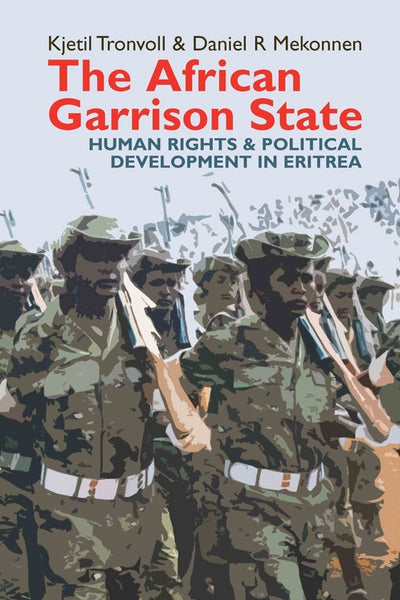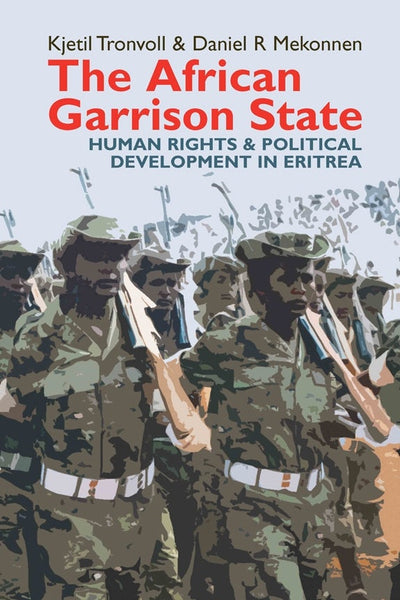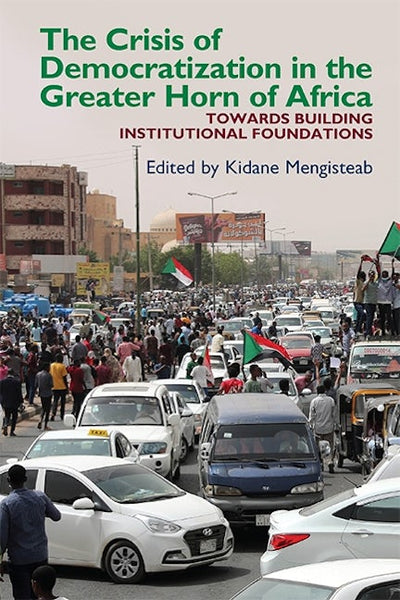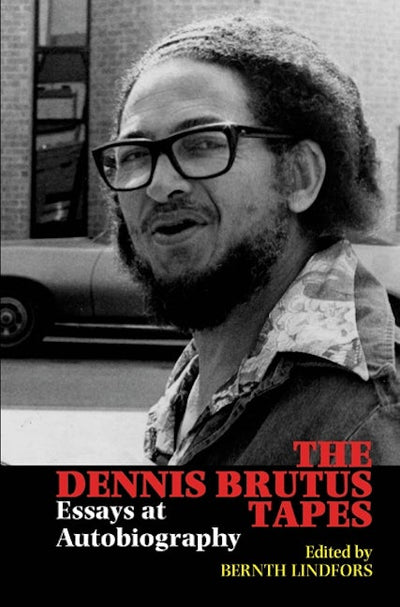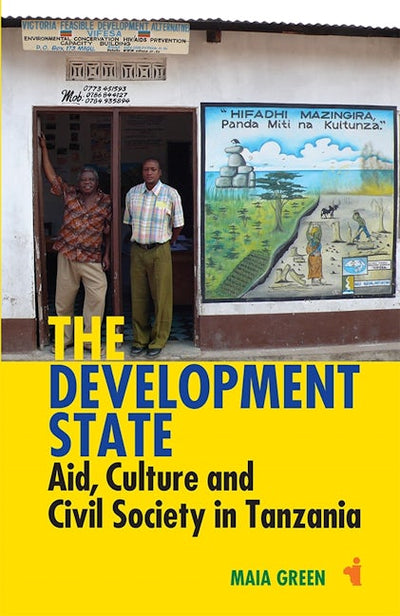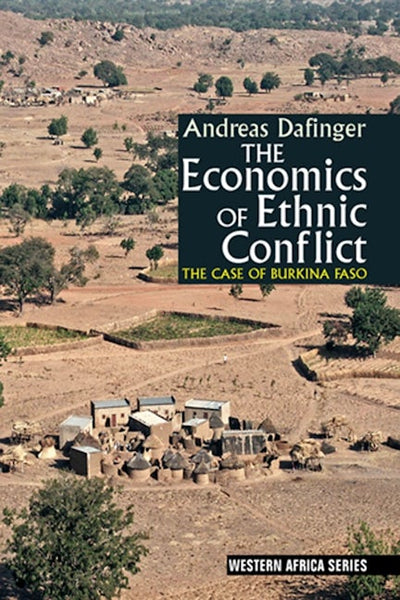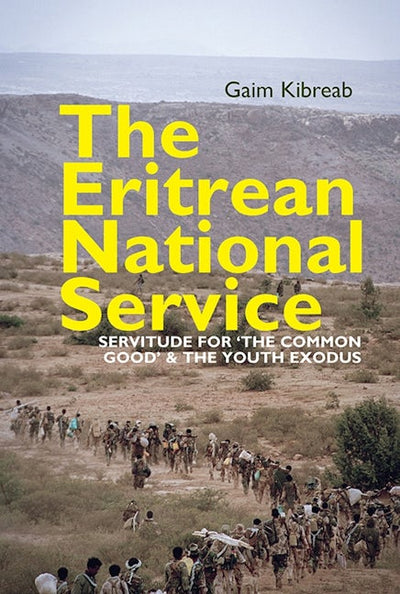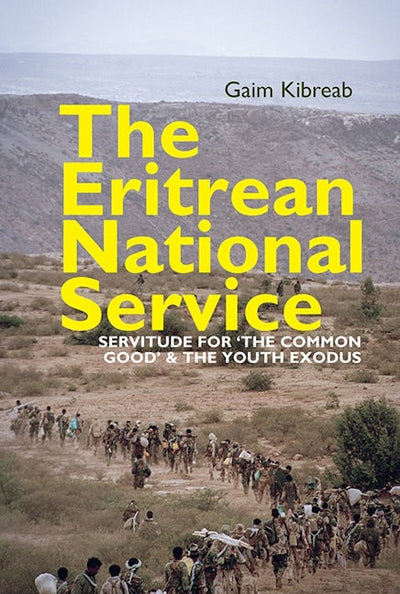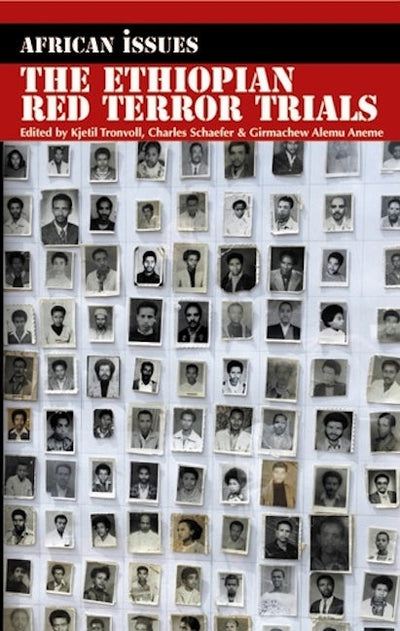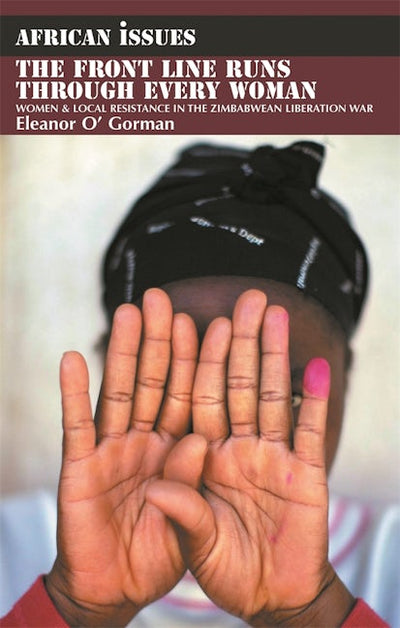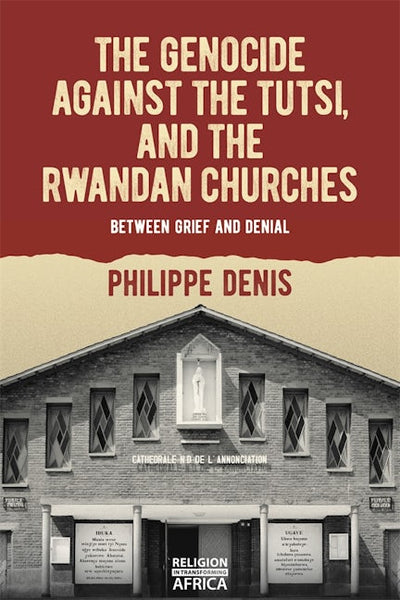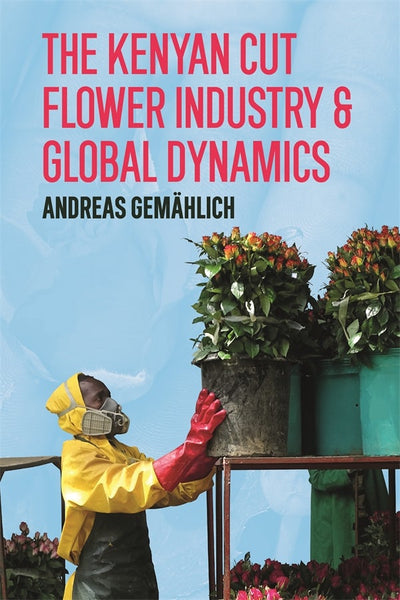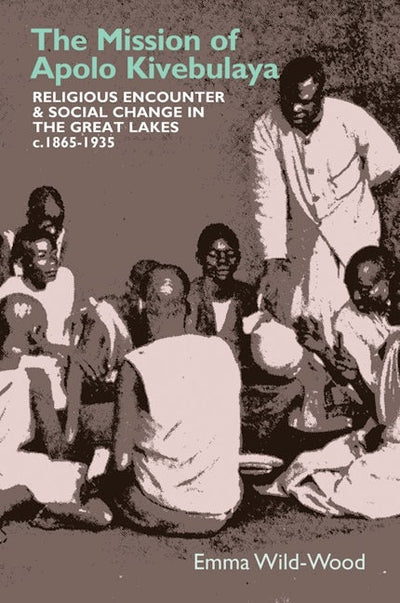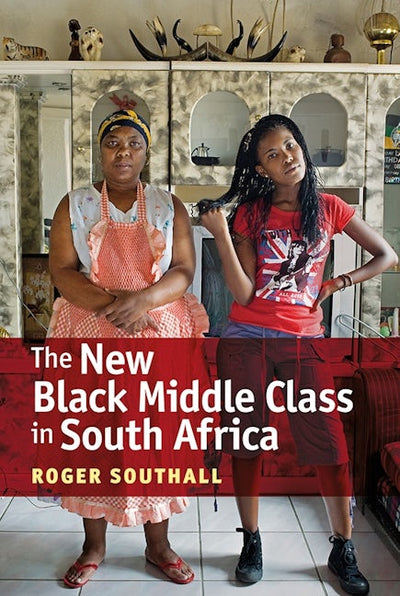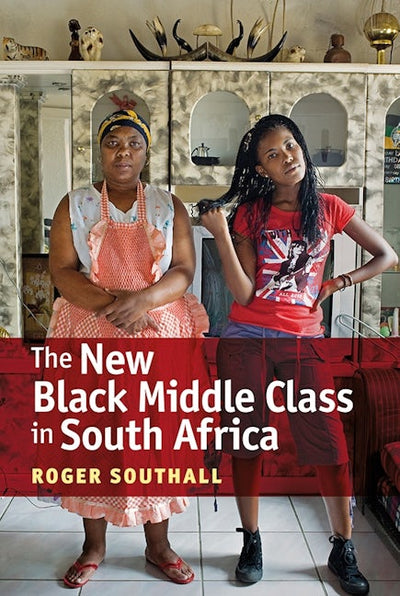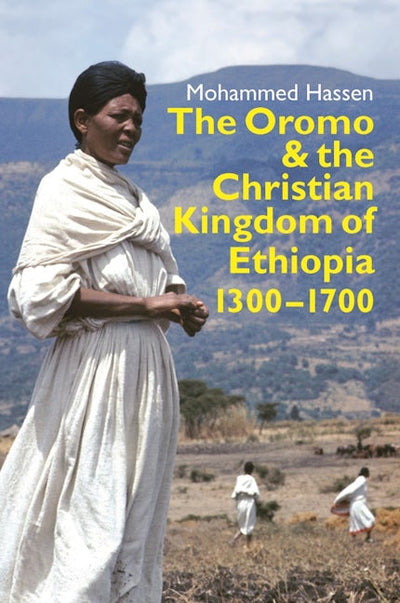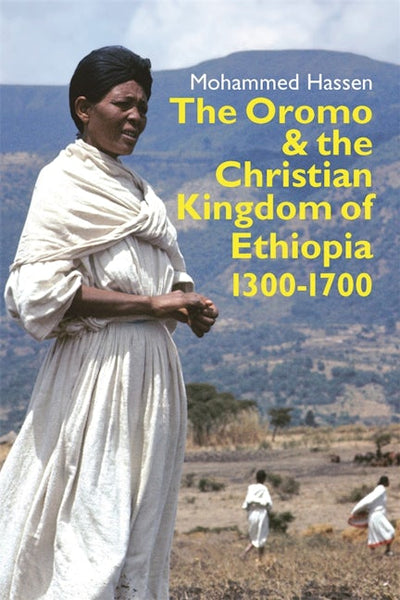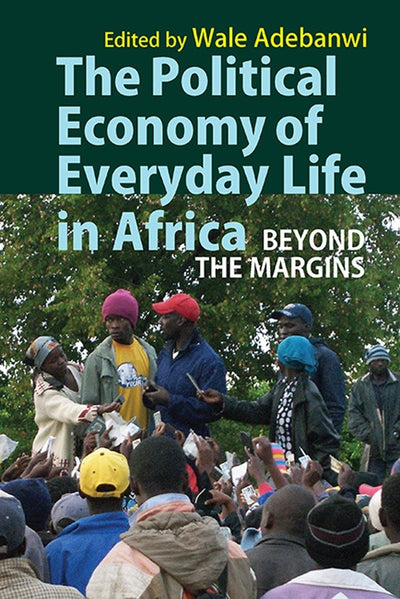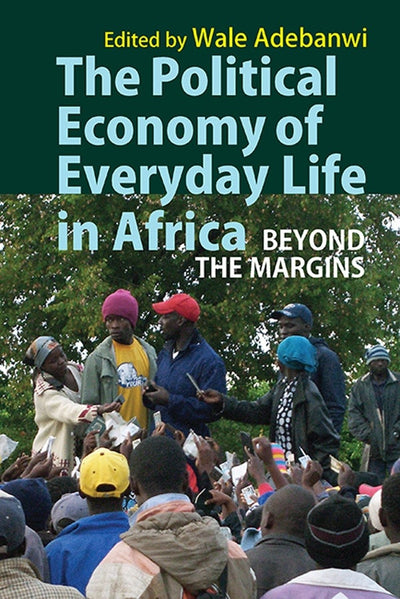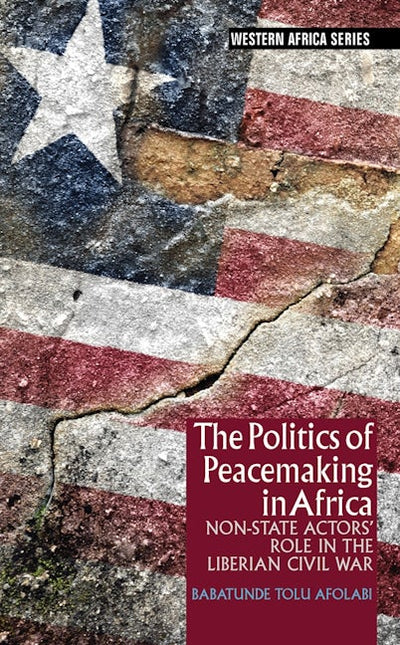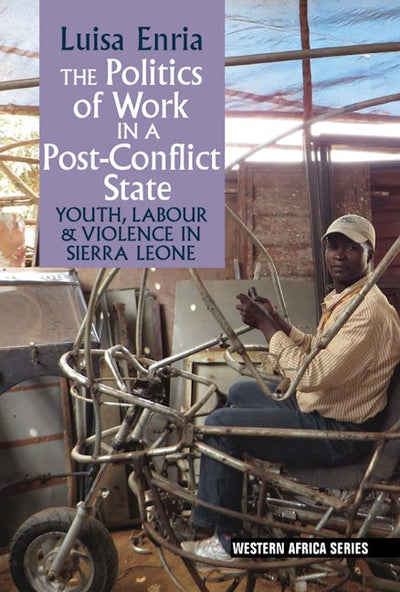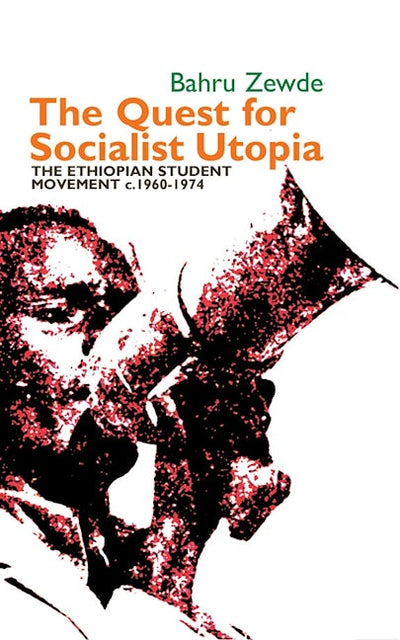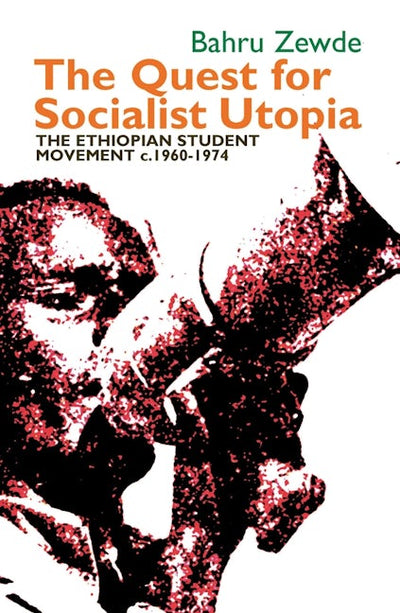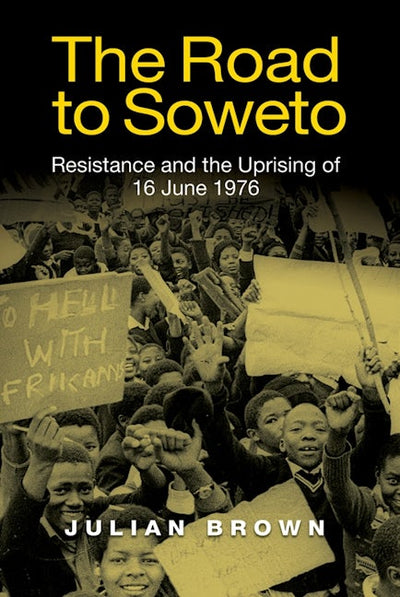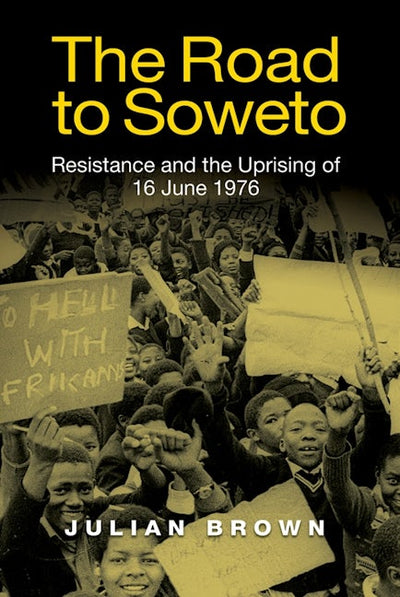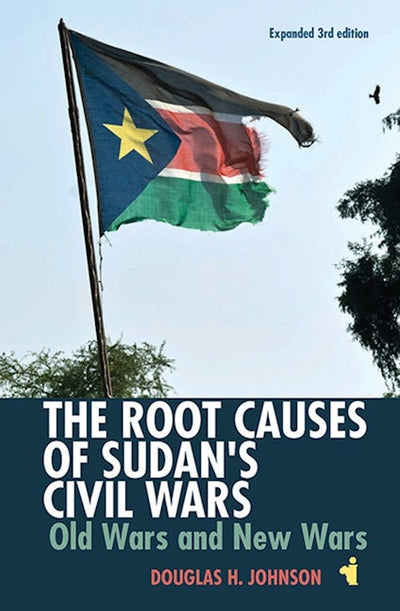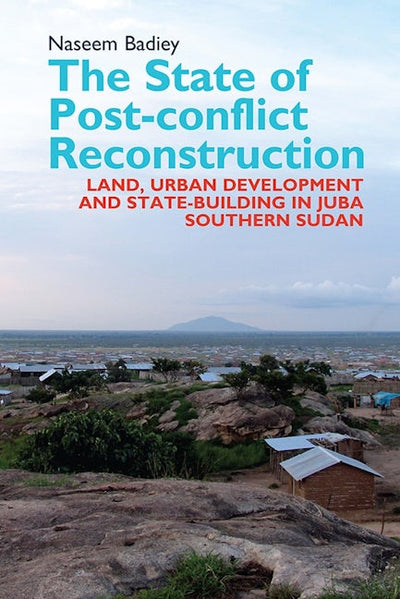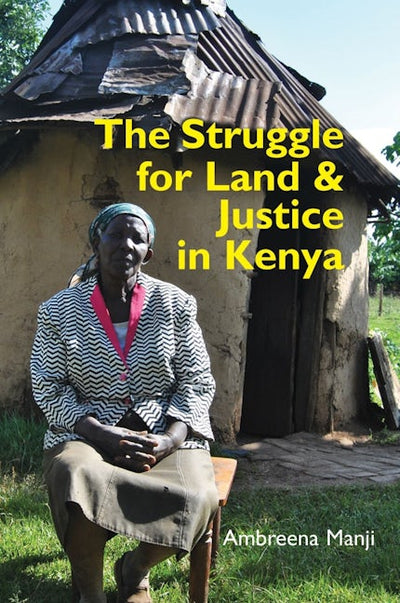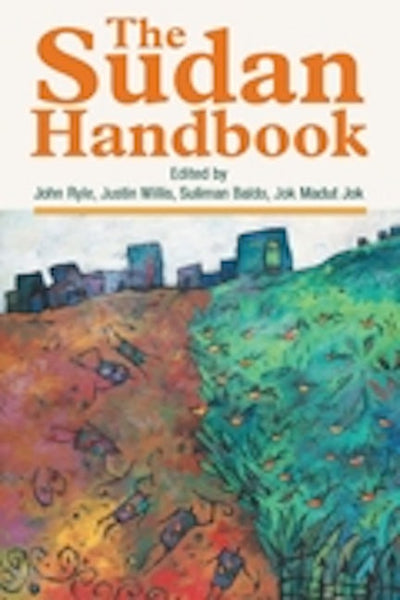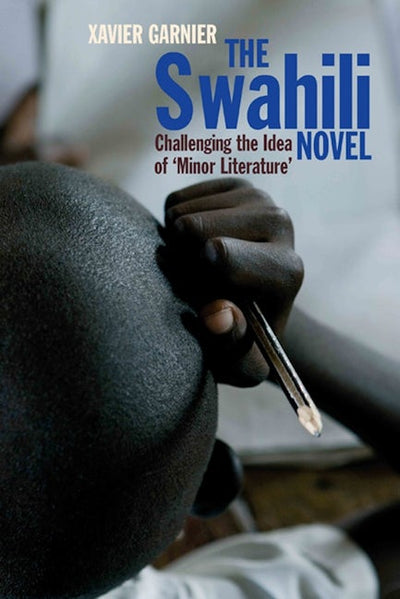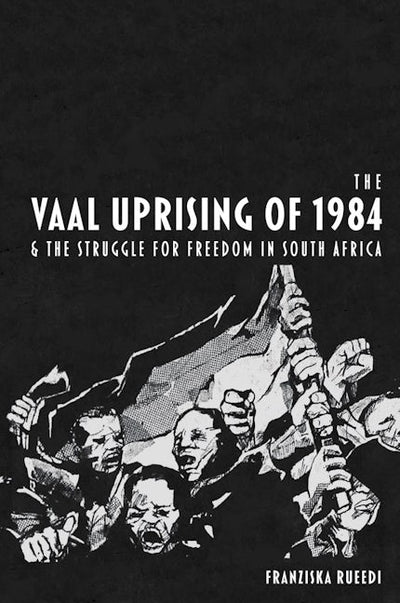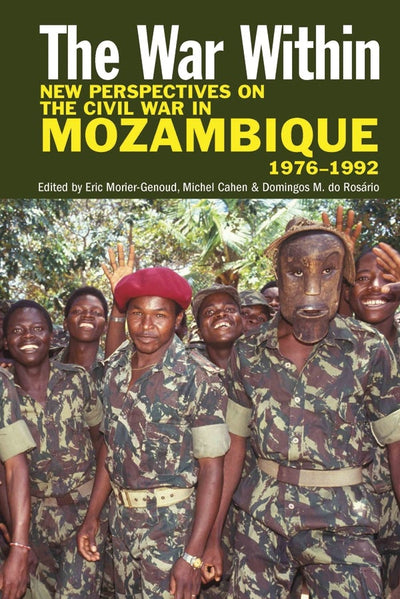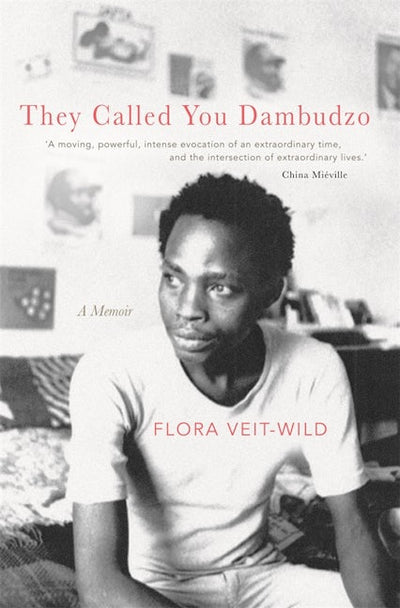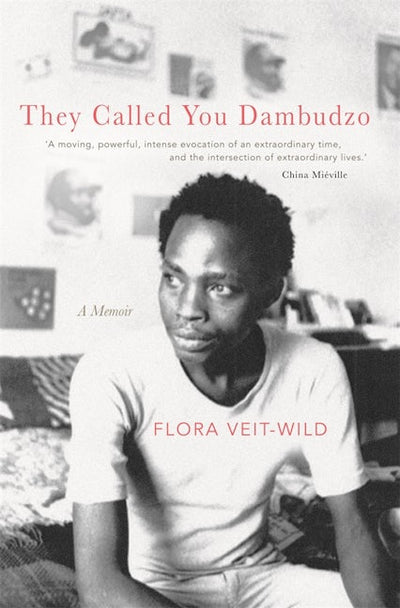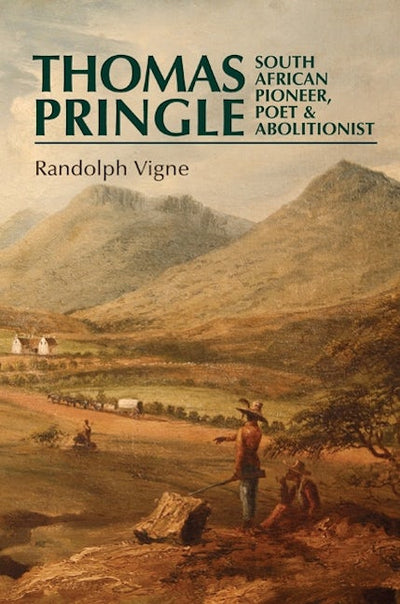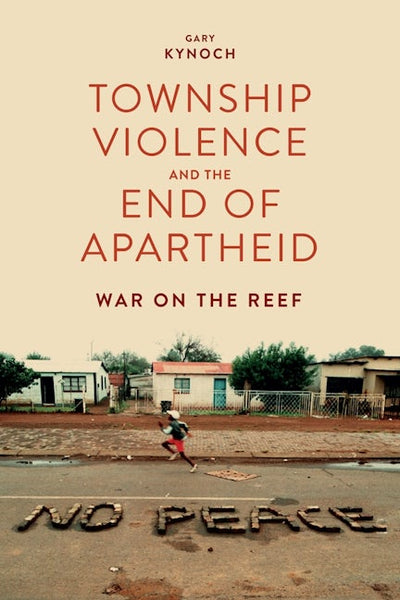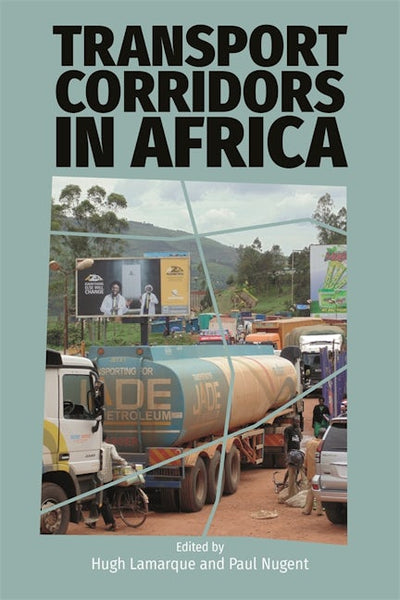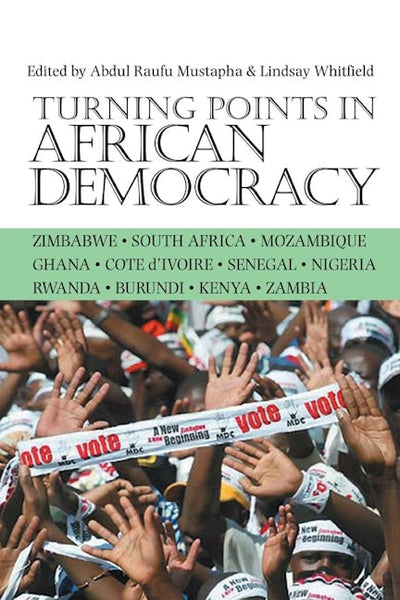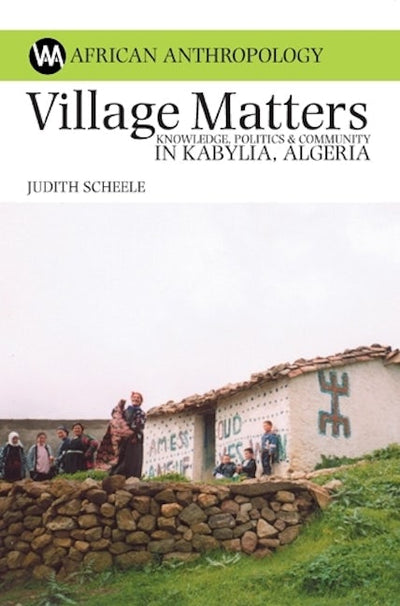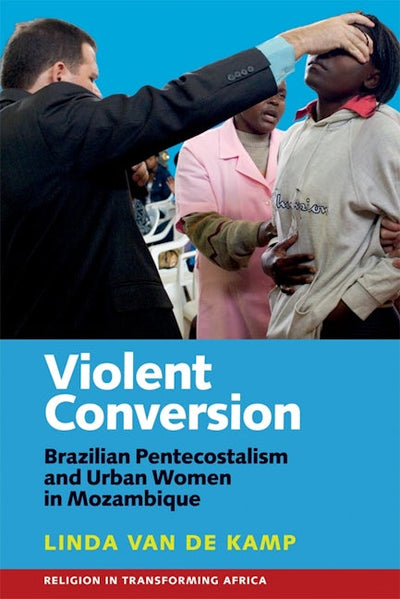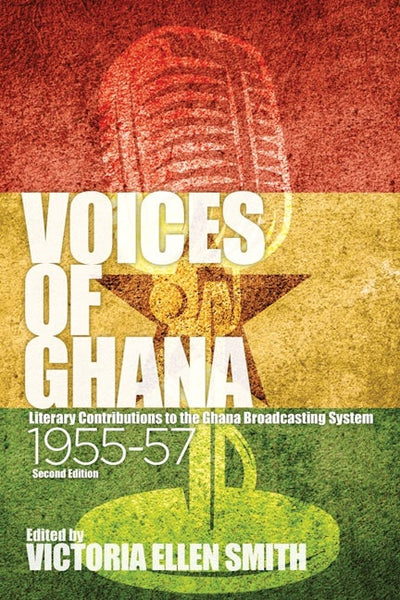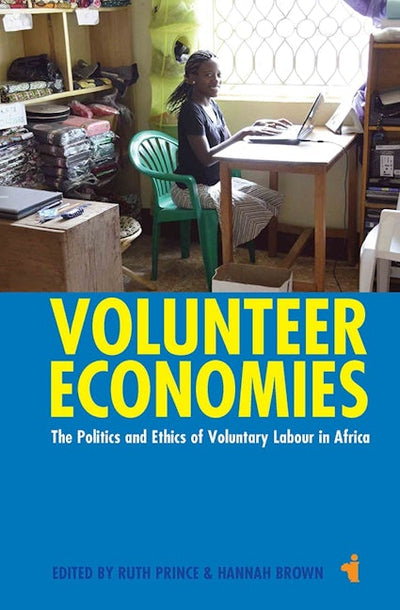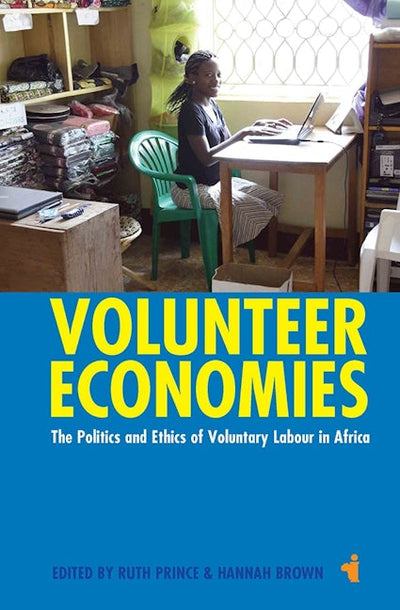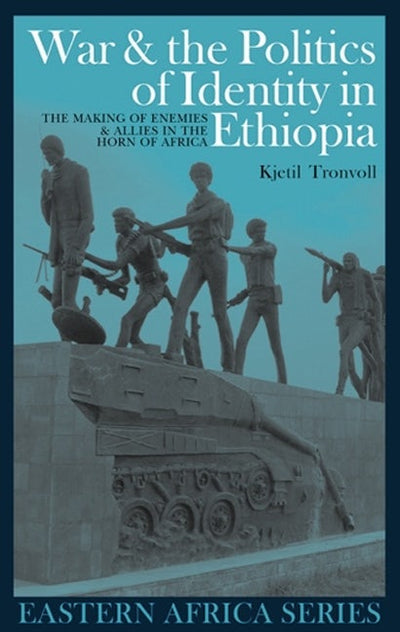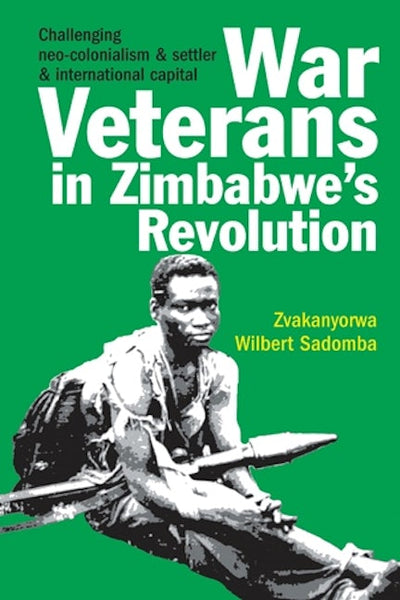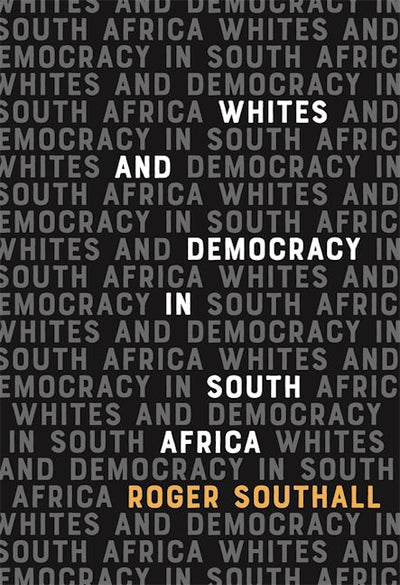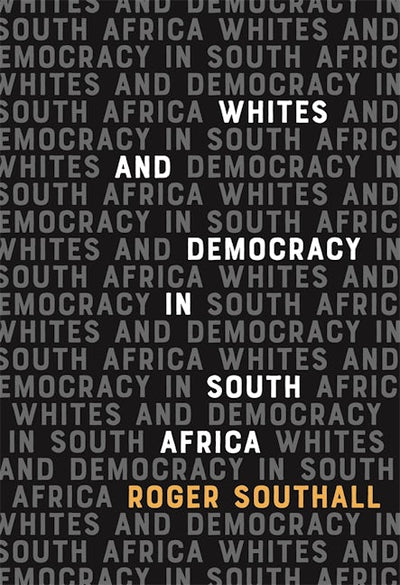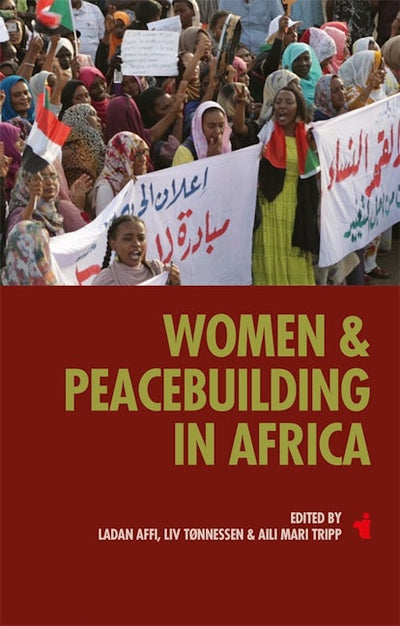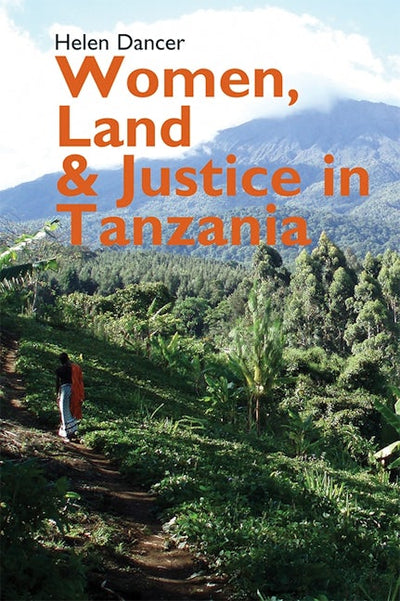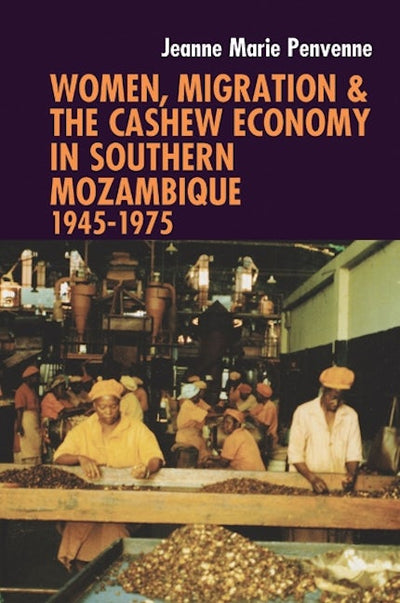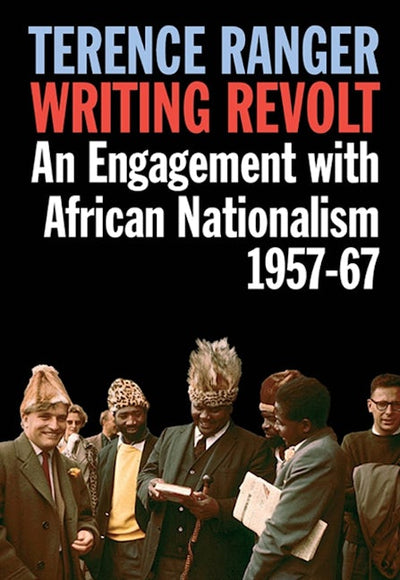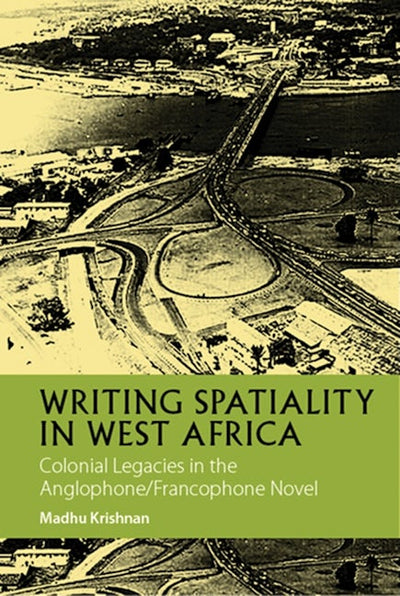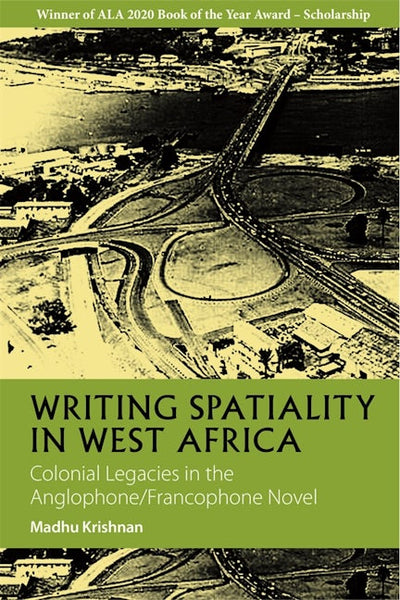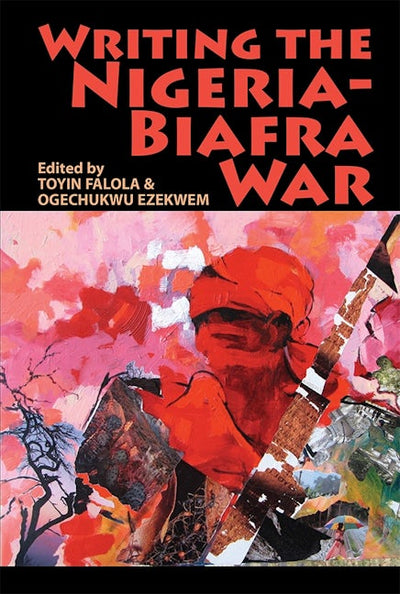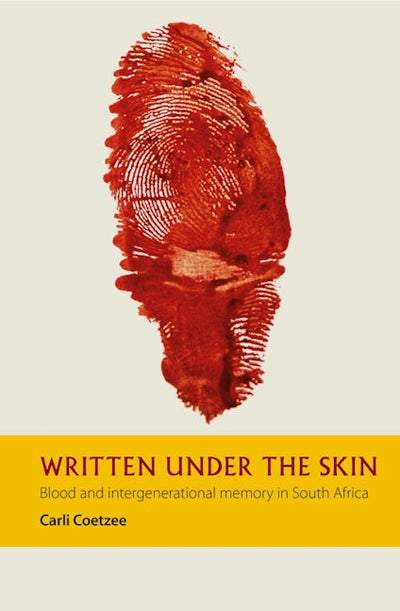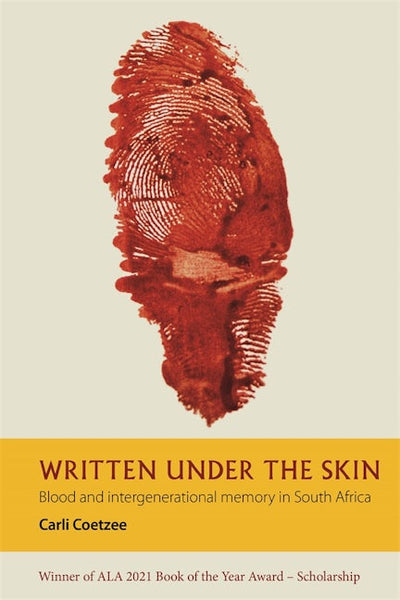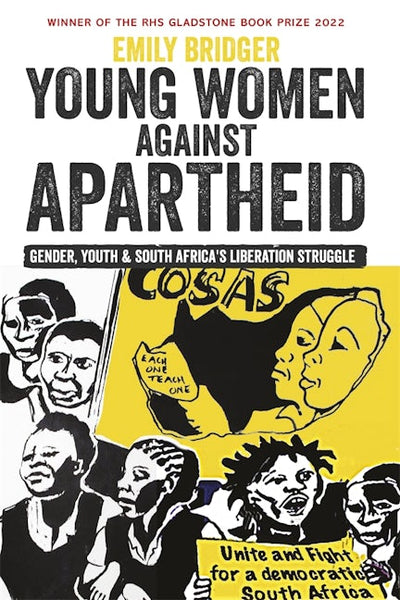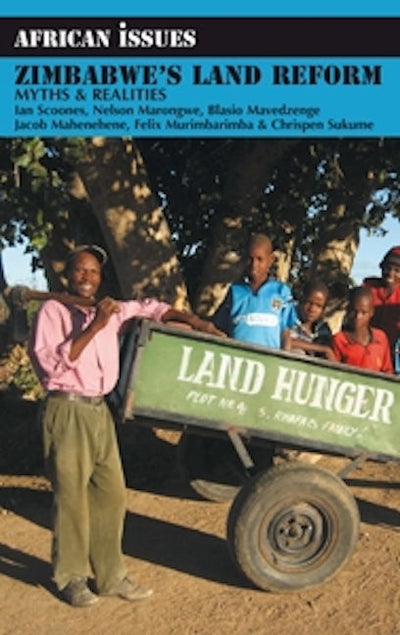-
Antiques & Collectibles
-
Architecture
-
Art
-
Bibles
-
Biography & Autobiography
-
Body, Mind & Spirit
-
Business & Economics
-
Comics & Graphic Novels
-
Computers
-
Cooking
-
Crafts & Hobbies
-
Design
-
Education
-
Family & Relationship
-
Fiction
-
Foreign Language Study
-
Games & Activities
-
Gardening
-
Health & Fitness
-
History
-
House & Home
-
Humor
-
Juvenile Fiction
-
Juvenile Nonfiction
-
Language Arts & Disciplines
-
Law
-
Literary Collections
-
Literary Criticism
-
Mathematics
-
Medical
-
Miscellaneous
-
Music
-
Nature
-
Performing Arts
-
Pets
-
Philosophy
-
Photography
-
Poetry
-
Political Science
-
Psychology
-
Reference
-
Religion
-
Self-Help
-
Science
-
Social Science
-
Sports & Recreation
-
Study Aids
-
Technology & Engineering
-
Transportation
-
Travel
-
True Crime
-
Young Adult Fiction
-
Young Adult Nonfiction
-
Antiques & Collectibles
-
Architecture
-
Art
-
Bibles
-
Biography & Autobiography
-
Body, Mind & Spirit
-
Business & Economics
-
Comics & Graphic Novels
-
Computers
-
Cooking
-
Crafts & Hobbies
-
Design
-
Education
-
Family & Relationship
-
Fiction
-
Foreign Language Study
-
Games & Activities
-
Gardening
-
Health & Fitness
-
History
-
House & Home
-
Humor
-
Juvenile Fiction
-
Juvenile Nonfiction
-
Language Arts & Disciplines
-
Law
-
Literary Collections
-
Literary Criticism
-
Mathematics
-
Medical
-
Miscellaneous
-
Music
-
Nature
-
Performing Arts
-
Pets
-
Philosophy
-
Photography
-
Poetry
-
Political Science
-
Psychology
-
Reference
-
Religion
-
Self-Help
-
Science
-
Social Science
-
Sports & Recreation
-
Study Aids
-
Technology & Engineering
-
Transportation
-
Travel
-
True Crime
-
Young Adult Fiction
-
Young Adult Nonfiction
Sports & Modernity in Late Imperial Ethiopia
Regular price $29.99 Save $-29.99Sports in Ethiopia was always more than a means of useful recreation. It was also a way to enjoy and define fun, as new modes of behaviour emerged that showed what it meant to be a modern man or woman. This book is the first academic study of the history of modern sports in Ethiopia during the imperial rule of the twentieth century. Showing how agents, ideas and practices linked societal improvement and bodily improvement, this innovative study argues thatmodern sports offers new possibilities to explore the meanings of modernity in Africa.
Drawing on written and oral sources in Amharic, Tigrinya, English, French, German and Italian, Bromber provides an in-depth analysis of the role of sports in modern educational institutions, volunteer organizations and urbanization processes. She examines sports' function as a political propaganda tool during the Italian fascist occupation (1935 - 1941), as well as in representations of successful modernization under Haile Selassie (1930 - 1974). The integration into global networks of ideas about the fit colonized body linked Ethiopia, which was never colonized, to the legacy of colonialism. Institutions such as schools, civilian sports clubs, and volunteer organizations were not only loaded with coercive procedures, but instituted modes of behaviour that developed into certain styles and affirmation of the self as well as their contestation. Examining the locations for practising sports in organized forms, informal leisure and practices consumption in Ethiopia, this book contributes to recent debates on the role of sports in the history of urbanization in Africa, as well as those on global modernity.
Ethiopia: AAUP

State-building and National Militaries in Postcolonial West Africa
Regular price $39.95 Save $-39.95How did African armed forces in postcolonial states in francophone West Africa influence decolonization and state-building in African states? How did foreign assistance from ex-colonial powers, the USSR and the US and colonial state structures influence political systems, and sometimes result in weak and unstable governance? This book explores the development of national militaries in Cote d'Ivoire, Dahomey (now Benin), Guinea, Mali, Mauritania, Niger, Senegal, Upper Volta (now Burkina Faso) and Togo during the 1960s and 1970s. Revealing the strength of decision-making power by African political elites, the study also shows the decisive impact of foreign economic and military assistance on countries that did not experience a prolonged armed conflict. The author provides new insights into the way the decisions of African governments in building their national militaries impacted postcolonial states' autonomy, legitimacy, sovereign control and governance.
In West Africa, during the 1960s, France sought to maintain exclusive relations with its former colonies through military assistance, economic aid and close personal relations with African political and military elites. State coercive capacities extended far beyond the strength of political institutions, with soldiers' assumption of political roles linked to the weaknesses of colonial and postcolonial structures. Disagreements between French and American officials, as well as Arab-Israeli and Sino-Russo conflicts, increased African presidents' opportunities to mobilize external resources. Yet in the late 1980s, it became evident that national militaries and police were often the main causes of personal insecurity, rather than providing protection, and that some economies remained weak and political structures unstable.
This book is available as an Open Access ebook under the Creative Commons license CC-BY-NC. The open access version of this publication was funded by the Swiss National Science Foundation.

Sudan Looks East
Regular price $29.99 Save $-29.99By successfully turning to China, Malaysia and India from the mid-1990s, amidst civil war and political isolation, Khartoum's 'Look East' policy transformed Sudan's economy and foreign relations. Sudan, in turn, has been a key theatre of Chinese, Indian and Malaysian overseas energy investment. What began as economic engagements born of pragmatic necessity later became politicized within Sudan and without, resulting in global attention.
Despite its importance, widespread sustained interest and continuing political controversy, there is no single volume publication examining the rise and nature of Chinese, Malaysian and Indian interests in Sudan, their economic and political consequences, and role in Sudan's foreign relations. Addressing this gap, this book provides a groundbreaking analysis of Sudan's 'Look East' policy. It offers the first substantive treatment of a subject of fundamental significancewithin Sudan that, additionally, has become a globally prominent dimension of its changing international politics.
Daniel Large is research director of the Africa Asia Centre, Royal African Society at the School of Oriental and African Studies, London, and founding director of the Rift Valley Institute's digital Sudan Open Archive.
Luke A. Patey is a Research Fellow at the Danish Institute for International Studies.

Talking with African Writers
Regular price $29.99 Save $-29.99Interviews with Kofi Anyidoho, Kofi Awoonor, Mohammed ben Abdallah, Chinua Achebe, Odia Ofeimun, Ben Okri, Wole Soyinka, Micere Githae Mugo, Ngugi wa Thiong'o, Mazisi Kunene, Njabulo Ndebele, Essop Patel, Mongane Wally Serote, Tsitsi Dangarembga and Musaemura Bonas Zimunya.
Among the subjects discussed in these lively interviews are the role of literary institutions, language policies, the development of written and oral cultures, and the social and political problems of post-colonial Africa.

Tanzanian Development
Regular price $170.00 Save $-170.00Over the past thirty years, in common with a number of other Sub-Saharan African countries, Tanzania has experienced a period of painful adjustment followed by relatively rapid and stable economic growth. However the extent of progress on poverty reduction and the sustainability of the development process are both open to question. In this book, prominent international observers provide a range of different perspectives on the process of development over time and the issues facing a rapidly growing African economy: political economy; agriculture and rural livelihoods; industrial development; urbanisation; aid and trade; tourism; and the use of natural resources. Comparisons are drawn with other African economies as well as other developing countries, such as Vietnam. An invaluable deep review of Tanzania's economy and development, the book also looks at the wider implications of the research for the futureon the continent and beyond.
David Potts is Honorary Visiting Researcher at the University of Bradford and was Head of the Bradford Centre for International Development 2015-16. He worked for six years as an economist in Tanzania's Ministry of Agriculture in the 1980s, has had many subsequent short-term assignments in the country and is co-editor of Development Planning and Poverty Reduction (2003).

The African Charter on Human and Peoples’ Rights Volume 1
Regular price $160.00 Save $-160.00The African Charter on Human and Peoples' Rights (ACHPR), which was proposed in 1979, adopted in 1981 and came into effect in 1986, was the first non-Western declaration of human rights and the first official statement of an African human rights perspective. With Africa largely absent in 1948 when the Universal Declaration of Human Rights (UDHR) was adopted, it stands in stark historical reproach to the Western conception of universal human rights as a pivotal document in the decolonisation of the continent. This book, for the first time, presents a comprehensive account of the development of the ACHPR, which is key to a proper understanding of its fundamental nature. Through documenting its process of construction, it becomes possible to understand how Africans themselves understood the process and the issues involved and how the ACHPR became a political text asserted by African leaders and not a continuum of a so-called universal human rights tradition. The result is a radical repositioning of the underlying context of the ACHPR, one of the most important documents in modern African history, of how it came to be and how it should therefore be understood.
Volume 1 outlines the dominant African political and cultural ideas of the time and their symbiotic relationship with the principles and politics upon which the OAU (now African Union) was founded and upon which it functioned. It thereby draws out the path the ACHPR process was obliged to follow and the influence of the existential desire to counter neo-colonialism in all its forms that helped bring it into being and shaped its content.

The African Charter on Human and Peoples’ Rights Volume 2
Regular price $140.00 Save $-140.00The African Charter on Human and Peoples' Rights (ACHPR), which was proposed in 1979, adopted in 1981 and came into effect in 1986, was the first non-Western declaration of human rights and the first official statement of an African human rights perspective. With Africa largely absent in 1948 when the Universal Declaration of Human Rights (UDHR) was adopted, it stands in stark historical reproach to the Western conception of universal human rights as a pivotal document in the decolonisation of the continent. This book, for the first time, presents a comprehensive account of the development of the ACHPR, which is key to a proper understanding of its fundamental nature. Through documenting its process of construction, it becomes possible to understand how Africans themselves understood the process and the issues involved and how the ACHPR became a political text asserted by African leaders and not a continuum of a so-called universal human rights tradition. The result is a radical repositioning of the underlying context of the ACHPR, one of the most important documents in modern African history, of how it came to be and how it should therefore be understood.
Volume 2 describes the process through which the ACHPR came into being. Analysing the role of Western governments, the UN and NGOs, it shows that, contrary to the prevailing view of African human rights commentators, their influence was limited and at times counter-productive. That, in fact, the formulation of the ACHPR was a profoundly political process that was primarily a product of an African desire to instigate its own human rights perspective as a counter to the human rights universalism advanced by the Western post-war human rights tradition.

The African Charter on Human and Peoples’ Rights [2 volume set]
Regular price $250.00 Save $-250.00The African Charter on Human and Peoples' Rights (ACHPR) was the first non-Western declaration of human rights. This 2 volume set, for the first time, presents a comprehensive account of the development of the ACHPR, key to a proper understanding of its fundamental nature. Volume 1 outlines the dominant African political and cultural ideas upon which the OAU (now African Union) was founded. Volume 2 describes the process through which the ACHPR came into being.
![The African Charter on Human and Peoples’ Rights [2 volume set]](http://indiepubs.com/cdn/shop/files/9781847013804_af310d47-e256-4d27-86c2-ca27a08ffde8_{width}x.jpg?v=1721623452)
The African Garrison State
Regular price $29.99 Save $-29.99Examines Eritrea's deprivation of human rights since independence and its transformation into a militarised "garrison state".
When Eritrea gained independence in 1991, hopes were high for its transformation. In two decades, however, it became one of the most repressive in the world, effectively a militarised "garrison state". This comprehensive and detailed analysis examines how the prospects for democracy in the new state turned to ashes, reviewing its development, and in particular the loss of human rights and the state's political organisation. Beginning with judicial development in independent Eritrea, subsequent chapters scrutinise the rule of law and the court system; the hobbled process of democratisation, and the curtailment of civil society; the Eritrean prison system and everyday life of detention and disappearances; and the situation of minorities in the country, first in general terms and then through exploration of a case study of the Kunama ethnic group. While the situation is bleak, it is not without hope, however:the conclusion focuses on opposition to the current regime, and offers scenarios of regime change and how the coming of a second republic may yet reconfigure Eritrea politically.
Kjetil Tronvoll is Professor of Peace and Conflict Studies at Bjoerknes College, founding and senior partner of the International Law and Policy Institute, Oslo, and a former Professor of Human Rights at the University of Oslo; Daniel R. Mekonnen is Senior Legal Advisor, International Law and Policy Institute, Oslo, and former Judge of the Zoba Maekel Provincial Court in Eritrea.

The African Garrison State
Regular price $95.00 Save $-95.00Examines Eritrea's deprivation of human rights since independence and its transformation into a militarised "garrison state".
When Eritrea gained independence in 1991, hopes were high for its transformation. In two decades, however, it became one of the most repressive in the world, effectively a militarised "garrison state". This comprehensive and detailed analysis examines how the prospects for democracy in the new state turned to ashes, reviewing its development, and in particular the loss of human rights and the state's political organisation. Beginning with judicial development in independent Eritrea, subsequent chapters scrutinise the rule of law and the court system; the hobbled process of democratisation, and the curtailment of civil society; the Eritrean prison system and everyday life of detention and disappearances; and the situation of minorities in the country, first in general terms and then through exploration of a case study of the Kunama ethnic group. While the situation is bleak, it is not without hope, however:the conclusion focuses on opposition to the current regime, and offers scenarios of regime change and how the coming of a second republic may yet reconfigure Eritrea politically.
Kjetil Tronvoll is Professor of Peace and Conflict Studies at Bjoerknes College, founding and senior partner of the International Law and Policy Institute, Oslo, and a former Professor of Human Rights at the University of Oslo; Daniel R. Mekonnen is Senior Legal Advisor, International Law and Policy Institute, Oslo, and former Judge of the Zoba Maekel Provincial Court in Eritrea.

The Creation of Tribalism in Southern Africa
Regular price $49.95 Save $-49.95The great virtue of this book is that it is the first major study to focus exclusively on the historical evolution of ethnic identity over a broad region from Zaire ... to South Africa.' - John McCracken, University of Stirling
US & Canada & the Philippines: University of California Press

The Crisis of Democratization in the Greater Horn of Africa
Regular price $130.00 Save $-130.00In the early 1990s, a wave of democratization swept through many African countries, but its prevailing election-centred liberal approach failed to result in sustainable democracies. Why should this be and what can be done about it? This multi-disciplinary work on the Greater Horn investigates the impact on the efforts to bring greater democratization of the characteristically complex socio-economic state structures of the countries of the Greater Horn of Africa and, importantly, suggests an alternative, more effective, approach.
Detailed studies of Ethiopia, Somaliland, Djibouti, Eritrea, Kenya, Somalia, South Sudan, Sudan and Uganda reveal the difficulties posed by institutional structures that are often weak and lack accountability; fragmented economies - which range from modern capitalist to subsistence farming and pastoral systems; and governance marked by differing conceptions of property rights and conflict adjudication practices and varied resource allocation systems. Chronic violent ethnic-based civil wars and social conflicts and deep-rooted ethnic divisions only exacerbate the states' ability to foster democratic governance, or even to manage diversity properly. The contributors examine why the countries of the Horn have been unable to overcome these obstacles to democratization and explore how and why an alternative approach is more likely tobe compatible with the socioeconomic realities and cultural values in transitional societies.
Kidane Mengisteab is Professor of African Studies and Political Science at Pennsylvania State University. He is co-editor ofRegional Integration, Identity and Citizenship in the Greater Horn of Africa (James Currey, 2012) and, most recently, Traditional Institutions in Contemporary African Governance (2017).

The Dennis Brutus Tapes
Regular price $95.00 Save $-95.00Dennis Brutus (1924-2009) is known internationally as a South African poet, anti-apartheid activist and campaigner for human rights and the release of political prisoners. His literary works include Sirens Knuckles Boots (1963), Letters to Martha, and Other Poems from a South African Prison (1968), A Simple Lust (1973), and Stubborn Hope (1978).
When Dennis Brutus was a Visiting Professor at The University of Texas at Austin in 1974-75, he recorded on tape a series of reflections on his life and career. In addition, he frequently responded to questions about his poetry and political activities put to him by students and faculty in formal and informal interviews that were also captured on tape. Transcripts of a selection of these tapes, as well as reprints of two interviews recorded earlier, are reproduced here in order to put on record fragments of the autobiography of a remarkable man who lived in extraordinary times and managed to leave his mark on the land and literature of South Africa.
Brutus was an effective anti-apartheid campaigner who succeeded in getting South Africa excluded from the Olympics. His opposition to racial discrimination in sports led to his arrest, banning, and imprisonment on Robben Island. Upon release, he left South Africa and lived most of the rest of his life in exile, where he continued his political work and simultaneously earned an international reputation as a poet who often sang of his love for his country.
The tapes are edited by Bernth Lindfors who has added an Introduction and a transcript of a 1970 interview as well as other transcripts of lectures and discussions.
Bernth Lindfors is Professor Emeritus of English and African Literatures, The University of Texas at Austin, and founding editor of Research in AfricanLiteratures. He has written and edited numerous books on African literature, including Folklore in Nigerian Literature (1973), Popular Literatures in Africa (1991), Africans on Stage (1999), Early Soyinka (2008), and Early Achebe (2009).

The Development State
Regular price $29.99 Save $-29.99How has development affected the practices of the state in Africa? How has the development state become the basis of social organisation? How do Tanzanians position themselves to obtain aid money to effect change in their personallives?
Financial aid flows have entrenched an economy of intervention in which the main beneficiaries are those who can claim to undertake development activities. Even for those not formally engaged in the development sector, its discourses influence everyday discussion about class and inequality, poverty and wealth, modernity and tradition. With Tanzania as the country focus, the author shows how the practices of development have infiltrated not only the state at large but many aspects of people's everyday lives.
Maia Green is Professor of Social Anthropology at the University of Manchester.

The Economics of Ethnic Conflict
Regular price $120.00 Save $-120.00Through richly detailed anthropological case studies of the rural economics and administrative policies in Burkina Faso, and reassessment of current models of conflict, resource management and modern administration, this book explores the current political, economic and social transformation of Western Africa.
Ethnic tensions, the case studies suggest, are a strategic part of social and economic local relations - a pattern that is repeated whenethnic stereotyping finds its way into the higher echelons of national administration and of international development cooperation. Conflicts are shown to be ethnicized by local and administrative elites, creating screens impenetrable to those involved in the states' formal administration, and behind which informal local economies thrive. In these 'concealed economies' individuals exploit the ethnic divide by hiding friendly and profitable inter-ethnic relations behind a rhetoric of ethnic tensions and staged conflict. Cultivating ties across ethnic divides is not limited, however, to rural relations but becomes common practice at almost all levels of national and civil administration.
Andreas Dafinger is Associate Professor of Social Anthropology at the Central European University, Budapest. He has worked on Burkina Faso for almost twenty years.

The Eritrean National Service
Regular price $29.99 Save $-29.99The Eritrean National Service (ENS) lies at the core of the post-independence state, not only supplying its military, but affecting every aspect of the country's economy, its social services, its public sector and its politics. Over half the workforce are forcibly enrolled into it by the government, driving the country's youth to escape national service by seeking employment and asylum elsewhere. Yet how did the ENS, which began during the 1961-91 liberation struggle as part of the idea of the "common good" - in which individual interests were sacrificed in pursuit of the grand scheme of independence and the country's development - degenerate into forced labour and a modern form ofslavery? And why, when Eritrea no longer faces existential threat, does the government continue to demand such service from its citizens?
This book provides for the first time an in-depth and critical scrutiny of the ENS'sachievements and failures and its overarching impact on the social fabric of Eritrea. The author discusses the historical backdrop to the ENS and the rationales underlying it; its goals and objectives; its transformative effects,as well as its impact on the country's defence capability, national unity, national identity construction and nation-building. He also analyses the extent to which the national service functions as an effective mechanism of transmitting the core values of the liberation struggle to the conscripts and through them to the rest of country's population. Finally, the book assesses whether the core aims and objectives of the ENS proclaimed by various governmentshave been or are in the process of being accomplished and, drawing on the testimony of the hitherto voiceless conscripts themselves, its impact on their lives and livelihoods.

The Eritrean National Service
Regular price $120.00 Save $-120.00The Eritrean National Service (ENS) lies at the core of the post-independence state, not only supplying its military, but affecting every aspect of the country's economy, its social services, its public sector and its politics. Over half the workforce are forcibly enrolled into it by the government, driving the country's youth to escape national service by seeking employment and asylum elsewhere. Yet how did the ENS, which began during the 1961-91 liberation struggle as part of the idea of the "common good" - in which individual interests were sacrificed in pursuit of the grand scheme of independence and the country's development - degenerate into forced labour and a modern form ofslavery? And why, when Eritrea no longer faces existential threat, does the government continue to demand such service from its citizens?
This book provides for the first time an in-depth and critical scrutiny of the ENS'sachievements and failures and its overarching impact on the social fabric of Eritrea. The author discusses the historical backdrop to the ENS and the rationales underlying it; its goals and objectives; its transformative effects,as well as its impact on the country's defence capability, national unity, national identity construction and nation-building. He also analyses the extent to which the national service functions as an effective mechanism of transmitting the core values of the liberation struggle to the conscripts and through them to the rest of country's population. Finally, the book assesses whether the core aims and objectives of the ENS proclaimed by various governmentshave been or are in the process of being accomplished and, drawing on the testimony of the hitherto voiceless conscripts themselves, its impact on their lives and livelihoods.
GAIM KIBREAB is Professor of Research andDirector of Refugee Studies, School of Law and Social Science, London South Bank University. He is the author of Eritrea: A Dream Deferred (James Currey, 2009) and People on the Edge in the Horn (James Currey, 1996).

The Ethiopian Red Terror Trials
Regular price $29.99 Save $-29.99How was an autocratic emperor replaced by a totalitarian dictator?
An unexpected popular upsurge in February 1974 made the ancien regime of Emperor Haile Selassie buckle. The Derg, a group of army officers led by an obscure and ruthless major Mengistu Hailemariam, seized power by military coup in September 1974 and removed the Emperor.
What was the 'red terror'?
The callous executions of members of the old regime initiated a cult of violence. The Derg were united by the shedding of blood. Search and destroy campaigns against militants led on to the full-blown 'red terror' in which thousands of the regime's opponents were brutally murdered in the streets.
In what way was 'transitional justice' administered?
The main officials were found guilty of genocide and crimes against humanity by the Ethiopian Federal High Court and sentenced to life imprisonment. Some of the minor officialshad already been sentenced to death, whilst President Mugabe has given Mengistu Hailemariam sanctuary in Zimbabwe.
KJETIL TRONVOLL is Professor in Human Rights, Peace and Conflict Studies at the Norwegian Centre for Human Rights, University of Oslo; CHARLES SCHAEFER is Associate Professor of African History, Valparaiso University; GIRMACHEW ALEMU ANEME is a Research Fellow at the Norwegian Centre for Human Rights, University of Oslo.

The Front Line Runs through Every Woman
Regular price $29.99 Save $-29.99A Zimbabwe-specific study, focusing on the lives of women in a small locale (Chiweshe) during the anti-colonial insurgency, this book is also a challenge to established and still current modes of thought and research orientationswhich over-simplify the complex realities women face in the full range of violent conflicts, both past and present. By contextualizing the voices of women of Chiweshe, not only is an important and under-developed aspect of Zimbabwean and African history revealed, but a new approach to comprehending the highly-tensioned lives of women in war is presented, which is characterized here as Gendered Localised Resistance. This is examined through the prism of life in the Protected Villages in Chiweshe experienced in everyday social relations, revolutionary roles, and food security. It traces how women forged strategies of survival and resistance in the middle of guerrilla warfare pitted between the forces of the state and the revolutionary resistance movements.
The book can be read as a unique and richly detailed account of the lives of women during the Zimbabwe civil war and liberation struggle; as a wider argument about how researchers can approach and incorporate lived experience into accounts of larger dynamics (war/revolution); and as a substantial and important contribution to feminist historiography and writings on women and war.
Eleanor O' Gorman is Senior Associate at the Gender Studies Centre and a Research Associate at the Department of Politics and International Studies at the University of Cambridge; an independent consultant who has advised the UN, the UK Government (DFID and FCO), the Irish Department of Foreign Affairs, the European Commission, and the Organisation for Economic Cooperation and Development (OECD)
Zimbabwe: Weaver Press

The Genocide against the Tutsi, and the Rwandan Churches
Regular price $170.00 Save $-170.00Why did some sectors of the Rwandan churches adopt an ambiguous attitude towards the genocide against the Tutsi which claimed the lives of around 800,000 people in three months between April and July 1994? What prevented the churches' acceptance that they may have had some responsibility? And how should we account for the efforts made by other sectors of the churches to remember and commemorate the genocide and rebuild pastoral programmes? Drawing on interviews with genocide survivors, Rwandans in exile, missionaries and government officials, as well as Church archives and other sources, this book is the first academic study on Christianity and the genocide against the Tutsi to explore these contentious questions in depth, and reveals more internal diversity within the Christian churches than is often assumed. While some Christians, Protestant as well as Catholic, took risks to shelter Tutsi people, others uncritically embraced the interim government's view that the Tutsi were enemies of the people and some, even priests and pastors, assisted the killers. The church leaders only condemned the war: they never actually denounced the genocide against the Tutsi. Focusing on the period of the genocide in 1994 and the subsequent years (up to 2000), Denis examines in detail the responses of two churches, the Catholic Church, the biggest and the most complex, and the Presbyterian Church in Rwanda, which made an unconditional confession of guilt in December 1996. A case study is devoted to the Catholic parish La Crête Congo-Nil in western Rwanda, led at the time by the French priest Gabriel Maindron, a man whom genocide survivors accuse of having failed publicly to oppose the genocide and of having close links with the authorities and some of the perpetrators. By 1997, the defensive attitude adopted by many Catholics had started to change. The Extraordinary Synod on Ethnocentricity in 1999-2000 was a milestone. Yet, especially in the immediate aftermath of the genocide, tension and suspicion persist.
Fountain: Rwanda, Uganda

The Genocide against the Tutsi, and the Rwandan Churches
Regular price $39.95 Save $-39.95Why did some sectors of the Rwandan churches adopt an ambiguous attitude towards the genocide against the Tutsi which claimed the lives of around 800,000 people in three months between April and July 1994? What prevented the churches' acceptance that they may have had some responsibility? And how should we account for the efforts made by other sectors of the churches to remember and commemorate the genocide and rebuild pastoral programmes? Drawing on interviews with genocide survivors, Rwandans in exile, missionaries and government officials, as well as Church archives and other sources, this book is the first academic study on Christianity and the genocide against the Tutsi to explore these contentious questions in depth, and reveals more internal diversity within the Christian churches than is often assumed. While some Christians, Protestant as well as Catholic, took risks to shelter Tutsi people, others uncritically embraced the interim government's view that the Tutsi were enemies of the people and some, even priests and pastors, assisted the killers. The church leaders only condemned the war: they never actually denounced the genocide against the Tutsi. Focusing on the period of the genocide in 1994 and the subsequent years (up to 2000), Denis examines in detail the responses of two churches, the Catholic Church, the biggest and the most complex, and the Presbyterian Church in Rwanda, which made an unconditional confession of guilt in December 1996. A case study is devoted to the Catholic parish La Crête Congo-Nil in western Rwanda, led at the time by the French priest Gabriel Maindron, a man whom genocide survivors accuse of having failed publicly to oppose the genocide and of having close links with the authorities and some of the perpetrators. By 1997, the defensive attitude adopted by many Catholics had started to change. The Extraordinary Synod on Ethnocentricity in 1999-2000 was a milestone. Yet, especially in the immediate aftermath of the genocide, tension and suspicion persist.
Fountain: Rwanda, Uganda

The Kenyan Cut Flower Industry & Global Market Dynamics
Regular price $120.00 Save $-120.00From a macro-perspective, it appears that the cut flower industry has changed into a buyer-driven value chain with corporate retailers as the new lead firms. Yet, as this book shows, this is insufficient to explain how new trade relations come into being, and the consequences of this, not only for global economics, but for the producers, climate change and rural livelihoods. As the retailers and wholesalers of the flower industry in the West linked directly to producers in the Global South, trade relations changed fundamentally, and this critical new book explores the complexities of the power asymmetries and the way in which corporate retailers have shaped the market to promote their own interests, as well as the role non-economic actors played.
This book examines in detail the situation at Lake Naivasha, Kenya, which has played a central part within this new market order. Since the 1970s, the area has developed into one of the most important production areas for the ready-made bouquets that sell so cheaply in European supermarkets. For the flower growers themselves, however, coping with the new conditions of supply and demand, the new market order has brought financial precariousness. Farms needed to be flexible in the production and marketing of their flowers. Yet while they were able to expand their production and achieve more stable employment conditions, this has not resulted in significantly higher remuneration. The rapidly changing economic situation has also had a profound impact, not only on local stakeholders, but on the environment, where there is intensified competition for resources and new production technologies.
Published in association with the Collaborative Research Centre FUTURE RURAL AFRICA, funded by the German Research Council (DFG).

The Kenyan Cut Flower Industry & Global Market Dynamics
Regular price $29.99 Save $-29.99From a macro-perspective, it appears that the cut flower industry has changed into a buyer-driven value chain with corporate retailers as the new lead firms. Yet, as this book shows, this is insufficient to explain how new trade relations come into being, and the consequences of this, not only for global economics, but for the producers, climate change and rural livelihoods. As the retailers and wholesalers of the flower industry in the West linked directly to producers in the Global South, trade relations changed fundamentally, and this critical new book explores the complexities of the power asymmetries and the way in which corporate retailers have shaped the market to promote their own interests, as well as the role non-economic actors played.
This book examines in detail the situation at Lake Naivasha, Kenya, which has played a central part within this new market order. Since the 1970s, the area has developed into one of the most important production areas for the ready-made bouquets that sell so cheaply in European supermarkets. For the flower growers themselves, however, coping with the new conditions of supply and demand, the new market order has brought financial precariousness. Farms needed to be flexible in the production and marketing of their flowers. Yet while they were able to expand their production and achieve more stable employment conditions, this has not resulted in significantly higher remuneration. The rapidly changing economic situation has also had a profound impact, not only on local stakeholders, but on the environment, where there is intensified competition for resources and new production technologies.
Published in association with the Collaborative Research Centre FUTURE RURAL AFRICA, funded by the German Research Council (DFG).

The Literature of Contemporary Sierra Leone
Regular price $120.00 Save $-120.00The ethnically and linguistically diverse nation of Sierra Leone boasts a rich cultural legacy and, in the first decades of the twenty-first century, has built an internationally recognized literary canon despite the ravages caused by a brutal civil war and then the Ebola and Covid pandemics. While acknowledging the country's literary and creative heritage dating back to the mid-twentieth century, this book interrogates a number of prominent themes and critical perspectives on Sierra Leone's contemporary literature.
Drawing from body studies, post-colonial theory, spatial theory, trauma theory, ecocriticism, history, and cultural studies, scholars and writers from West Africa and the United States tease out the beginnings, ecology, and dynamism of a bona fide national literature. They do so through a careful examination of such themes as social oppression and class distinction, dystopia, ethnocentricity, homophobia, misogyny and gender disparities, anthropocentrism, self-discovery, social transformation, identity, social degradation, genocide, and trauma, while also theorizing constructs such as home, migration, displacement, community, and return. Throughout, contributors argue for a better appreciation of a vibrant national literature by Sierra Leoneans themselves as well as its place in and contribution to world literature more generally.

The Media in Africa and Africa in the Media
Regular price $130.00 Save $-130.00
The Mission of Apolo Kivebulaya
Regular price $130.00 Save $-130.00Apolo Kivebulaya was a practitioner of indigenous religion and a Muslim before he became in 1895 a Christian missionary from Buganda to Toro and Ituri. He is still admired as a churchman and missionary in the Anglican churches ofUganda, Congo, Tanzania and Kenya, and is a significant civic figure in school curricula in Uganda. This book provides insight into religious encounter in the Great Lakes region of Africa, in which individuals like Kivebulaya remade themselves through conversion to Christianity and re-ordered social relations through preaching a transnational religion which brought technological advantage.
In re-examining Apolo's life the author reveals the historic social processes and the cultural motivations which provoked religious and socio-political change in colonial east Africa. She explores the processes of his religious adherence, his travels and church planting, his commitment to Bible translation and its role in developing national sensibilities, and his engagement with missionaries, the Ganda political elite, and the peoples of the Ituri forest, as well as British and Belgian colonial polities. Kivebulayautilized Christian repertoires of memory-making - the Bible, hymns, prayers and fellowship - in creating communities of disciples, and was instrumental in creating new forms of Christian identity in the region, fashioned by levelsof acceptance and resistance. By focusing on the role of indigenous agents as harbingers of change, the author offers a new perspective on the history of the northern Great Lakes region of Africa.
Emma Wild-Wood is Senior Lecturer of African Christianity and African Indigenous Religions and Co-director of the Centre for the Study of World Christianity at the University of Edinburgh. Her books include Migration and Christian Identity in Congo (Brill, 2008) and editing, with Joel Cabrita and David Maxwell, Relocating World Christianity: Interdisciplinary Studies in Universal and Local Expressions of the Christian Faith (Brill, 2017).
Kenya, Uganda, Tanzania, Rwanda, Burundi and South Sudan: Twaweza Communications

The New Black Middle Class in South Africa
Regular price $36.95 Save $-36.952016 CHOICE Outstanding Academic Title
The "rise of the black middle class" is one of the most visible aspects of post-apartheid society in South Africa. Yet while it has been a major actor in the country's democratic reshaping, analysis of its role has been all but lacking. Rather, the image presented by the media has been of "black diamonds", consumers of the products of advanced industrial economies, and of corrupt "tenderpreneurs" who use their political connections to obtain contracts. This book seeks to complicate that picture with a much-needed analysis that recounts its historical development in colonial society prior to 1994, before examining the size, shape andstructure of the new black middle class in contemporary South Africa and its relation to its counterparts in the Global South.
Roger Southall is Professor Emeritus in Sociology, University of the Witwatersrand.
Southern Africa (South Africa, Namibia, Botswana, Lesotho, Zimbabwe and Swaziland): Jacana

The New Black Middle Class in South Africa
Regular price $130.00 Save $-130.002016 CHOICE Outstanding Academic Title
The "rise of the black middle class" is one of the most visible aspects of post-apartheid society in South Africa. Yet while it has been a major actor in the country's democratic reshaping, analysis of its role has been all but lacking. Rather, the image presented by the media has been of "black diamonds", consumers of the products of advanced industrial economies, and of corrupt "tenderpreneurs" who use their political connections to obtain contracts. This book seeks to complicate that picture with a much-needed analysis that recounts its historical development in colonial society prior to 1994, before examining the size, shape andstructure of the new black middle class in contemporary South Africa and its relation to its counterparts in the Global South.
Roger Southall is Professor Emeritus in Sociology, University of the Witwatersrand.
Southern Africa (South Africa, Namibia, Botswana, Lesotho, Zimbabwe and Swaziland): Jacana

The Oromo and the Christian Kingdom of Ethiopia
Regular price $45.95 Save $-45.95This revisionary account of the Oromo people and the Christian kingdom of Ethiopia transforms our perception of the country's development, rebutting the common depiction of the Oromo as no more than a destructive force and demonstrating their significant role in shaping the course of Ethiopian history.
Tracing the early history of the Oromo as part of the Cushitic language speaking family of peoples, it establishes that they were neither foreigners nor newcomers to Ethiopia, but have been an integral part of the indigenous population since at least the first half of the 14th century. The massive 16th-century pastoral Oromo population movement revolutionized relations between the Christians and the Oromo. During the long process of assimilation that followed, with periods of both war and peace in central and southern Ethiopia, Oromo society was able to absorb and assimilate Cushitic and Semitic languagespeakers and Oromize them through the open, democratic and egalitarian Gada system; while in northern Ethiopia the Oromo themselves were absorbed into Christian Amhara society.
Mohammed Hassen is Associate Professor in the Department of History, Georgia State University. His books include The Oromo of Ethiopia: A History, 1570 to 1860 (Cambridge University Press, 1990). He is a Contributing Editor of The Journal of Oromo Studies and The Horn of Africa journal.

The Oromo and the Christian Kingdom of Ethiopia
Regular price $170.00 Save $-170.00This revisionary account of the Oromo people and the Christian kingdom of Ethiopia transforms our perception of the country's development, rebutting the common depiction of the Oromo as no more than a destructive force and demonstrating their significant role in shaping the course of Ethiopian history.
Tracing the early history of the Oromo as part of the Cushitic language speaking family of peoples, it establishes that they were neither foreigners nor newcomers to Ethiopia, but have been an integral part of the indigenous population since at least the first half of the 14th century. The massive 16th-century pastoral Oromo population movement revolutionized relations between the Christians and the Oromo. During the long process of assimilation that followed, with periods of both war and peace in central and southern Ethiopia, Oromo society was able to absorb and assimilate Cushitic and Semitic languagespeakers and Oromize them through the open, democratic and egalitarian Gada system; while in northern Ethiopia the Oromo themselves were absorbed into Christian Amhara society.
Mohammed Hassen is Associate Professor in the Department of History, Georgia State University. His books include The Oromo of Ethiopia: A History, 1570 to 1860 (Cambridge University Press, 1990). He is a Contributing Editor of The Journal of Oromo Studies and The Horn of Africa journal.

The Pathan Unarmed
Regular price $29.99 Save $-29.99The Pukhtun (Pathan) of the North West Frontier are regarded as a warrior people. Yet in the inter-war years there arose a Muslim movement, the Khudai Khidmatgar (Servants of God), which adopted military forms of organizations anddress, but which also drew its inspiration from Gandhian principles of non-violent action and was dedicated to an Indian nationalism rather than communal separatism.
Virtually erased from the national historiography of post-partition Pakistan, where they now reside, the ageing veterans of the movement are still highly respected by younger Pukhtun. This is an account of rank and file members of the Khudai Khidmatgar, describing why they joined, what they did, and how they perceived the ethics and aims of the movement. It attempts to answer the questions of how notoriously violent Pukhtun were converted to an ethic of non-violence. It finds the answer rooted in the transformation of older social structures, Islamic revisionism and the redefinition of the traditional code of honour.
South Asia excluding India: OUP
Series Editors: Wendy James & N.J. Allen

The Political Economy of Everyday Life in Africa
Regular price $39.95 Save $-39.95What are the fundamental issues, processes, agency and dynamics that shape the political economy of life in modern Africa? In this book, the contributors - experts in anthropology, history, political science, economics, conflict and peace studies, philosophy and language - examine the opportunities and constraints placed on living, livelihoods and sustainable life on the continent. Reflecting on why and how the political economy of life approach is essential for understanding the social process in modern Africa, they engage with the intellectual oeuvre of the influential Africanist economic anthropologist Jane Guyer, who provides an Afterword. The contributors analyse the politicaleconomy of everyday life as it relates to money and currency; migrant labour forces and informal and formal economies; dispossession of land; debt and indebtedness; socio-economic marginality; and the entrenchment of colonial andapartheid pasts.
Wale Adebanwi is the Rhodes Professor of Race Relations at the University of Oxford. He is author of Nation as Grand Narrative: The Nigerian Press and the Politics of Meaning (University of Rochester Press).

The Political Economy of Everyday Life in Africa
Regular price $170.00 Save $-170.00What are the fundamental issues, processes, agency and dynamics that shape the political economy of life in modern Africa? In this book, the contributors - experts in anthropology, history, political science, economics, conflict and peace studies, philosophy and language - examine the opportunities and constraints placed on living, livelihoods and sustainable life on the continent. Reflecting on why and how the political economy of life approach is essential for understanding the social process in modern Africa, they engage with the intellectual oeuvre of the influential Africanist economic anthropologist Jane Guyer, who provides an Afterword. The contributors analyse the politicaleconomy of everyday life as it relates to money and currency; migrant labour forces and informal and formal economies; dispossession of land; debt and indebtedness; socio-economic marginality; and the entrenchment of colonial andapartheid pasts.
Wale Adebanwi is the Rhodes Professor of Race Relations at the University of Oxford. He is author of Nation as Grand Narrative: The Nigerian Press and the Politics of Meaning (University of Rochester Press).

The Politics of Peacemaking in Africa
Regular price $85.00 Save $-85.00Throws light on the role of several key agents in bringing to an end one of the darkest episodes in post-independence African history.' Ebenezer Obadare, University of Kansas
Until the 1990s, conflict resolution and peacemaking fell to states, the UN and other intergovernmental organizations. In recent times it is non-armed, non-state actors who have had a pivotal role in seeking to resolve civil wars in Africa. This book examines, for the first time, through an examination of the Liberian Civil War in particular, how non-state actors have impacted upon peace processes.
The Liberian Civil War was the first post-Cold War intra-state conflict in West Africa and exemplified the "new wars" breaking out on the continent. The peace process that followed showed how future peacemaking processes might evolve, being not only the first in which a regional economic grouping had a role - in this case ECOWAS - but also involving non-state religious and diaspora actors.
Religious actors, initiators of the Liberian peace process, were mediators, dialogue facilitators, watchdogs and trustees of the entire peace process. Although their efforts were mainly influenced by the desire to fulfil the divine mandate to "tend to the flock", they were also able to regain some of the societal influence that organized religion, especially Christianity, enjoyed during the 158 years of minority Americo-Liberian rule. Diaspora actors' roles ranged from being founders and sponsors of warring factions to providing succour to Liberians back home through remittances and engaging in the peace process.
Babatunde T. Afolabi is a Senior Programme Manager at the Centre for Humanitarian Dialogue (HD). He had previously worked at the ECOWAS Commission where he was involved in peace processes across West Africa.

The Politics of Structural Adjustment in Nigeria
Regular price $29.99 Save $-29.99The economic crisis in the Nigerian economy in 1982 was triggered, though not necessarily caused by, the collapse of the world oil market. The Nigerian state adopted a structural adjustment programme which was approved by the World Bank and the IMF - that decision raised questions about the nature of the crisis and the appropriateness of free market policies in tackling it.
Nigeria: HEBN

The Politics of the Dead in Zimbabwe 2000-2020
Regular price $170.00 Save $-170.00In 1898, just before she was hanged for rebelling against colonial rule, Charwe Nyakasikana, spirit medium of the legendary ancestor Ambuya Nehanda, famously prophesised that "my bones will rise again". A century later bones, bodies and human remains have come to occupy an increasingly complex place in Zimbabwe's postcolonial milieu. From ancestral "bones" rising again in the struggle for independence, and later land, to resurfacing bones of unsettled wardead; and from the troubling decaying remains of post-independence gukurahundi massacres to the leaky, tortured bodies of recent election violence, human materials are intertwined in postcolonial politics in ways that go far beyond, yet necessarily implicate, contests over memory, commemoration and the representation of the past. In this book Joost Fontein examines the complexities of human remains in Zimbabwe's 'politics of the dead'. Challenging and innovative, he takes us beyond current scholarship on memory, commemoration and the changing significance of 'traditional' death practices, to examine the political implications of human remains as material substances, as duplicitous rumours, and as returning spirits. Linking the indeterminacy of human substances to the productive but precarious uncertainties of rumours and spirits, the book points to how the incompleteness of death is politically productive and ultimately derives from the problematic, entangled excessivities of human material and immaterial existence, and is deeply intertwined with the stylistics of postcolonial power and politics.
Joost Fontein is Professor of Anthropology, University of Johannesburg. He was previously Director of the British Institute in Eastern Africa and Lecturer in Social Anthropology at the University of Edinburgh. His books include Remaking Mutirikwi: Landscape, Water and Belonging (James Currey, 2015), shortlisted for the African Studies Association 2016 Herskovits Prize.
Southern Africa (South Africa, Namibia, Lesotho, Swaziland and Botswana): University of Johannesburg Press

The Politics of the Dead in Zimbabwe 2000-2020
Regular price $32.99 Save $-32.99In 1898, just before she was hanged for rebelling against colonial rule, Charwe Nyakasikana, spirit medium of the legendary ancestor Ambuya Nehanda, famously prophesised that "my bones will rise again". A century later bones, bodies and human remains have come to occupy an increasingly complex place in Zimbabwe's postcolonial milieu. From ancestral "bones" rising again in the struggle for independence, and later land, to resurfacing bones of unsettled wardead; and from the troubling decaying remains of post-independence gukurahundi massacres to the leaky, tortured bodies of recent election violence, human materials are intertwined in postcolonial politics in ways that go far beyond, yet necessarily implicate, contests over memory, commemoration and the representation of the past. In this book Joost Fontein examines the complexities of human remains in Zimbabwe's 'politics of the dead'. Challenging and innovative, he takes us beyond current scholarship on memory, commemoration and the changing significance of 'traditional' death practices, to examine the political implications of human remains as material substances, as duplicitous rumours, and as returning spirits. Linking the indeterminacy of human substances to the productive but precarious uncertainties of rumours and spirits, the book points to how the incompleteness of death is politically productive and ultimately derives from the problematic, entangled excessivities of human material and immaterial existence, and is deeply intertwined with the stylistics of postcolonial power and politics.
Joost Fontein is Professor of Anthropology, University of Johannesburg. He was previously Director of the British Institute in Eastern Africa and Lecturer in Social Anthropology at the University of Edinburgh. His books include Remaking Mutirikwi: Landscape, Water and Belonging (James Currey, 2015), shortlisted for the African Studies Association 2016 Herskovits Prize.
Southern Africa (South Africa, Namibia, Lesotho, Swaziland and Botswana): University of Johannesburg Press

The Politics of Work in a Post-Conflict State
Regular price $130.00 Save $-130.00High youth unemployment is seen as a major issue across Africa and globally, not solely as a source of concern for economic development, but as a threat to social stability and a challenge to fragile peace. In countries emerging from civil war in particular, it is identified as a key indicator for likelihood of relapse. But what do we really know about how lack of work shapes political identities and motivates youth violence? Drawing on rich empirical dataabout young people on the margins of the informal economy in Sierra Leone's capital, Freetown, in the wake of its civil war (1991-2002), this book moves beyond reductive portrayals of unemployed youth as "ticking bombs" to show how labour market experiences influence them towards political mobilisation. The author argues that violence is not inherent to unemployment, but that the impact of joblessness on political activism is mediated by social factors and the specific nature of the post-war political economy. For Freetown's youth, labour market exclusion is seen to have implications for social status, identities and social relations, ultimately keeping them in exploitative patterns of dependence. This in turn shapes their political subjectivities and claims on the state, and structures the opportunities and constraints to their collective action.
Luisa Enria is a Lecturer in International Development at the University of Bath, where she also holds an ESRC Future Research Leaders Fellowship for the project "States of Emergency: Citizenship in Times of Crisis in Sierra Leone".

The Quest for Socialist Utopia
Regular price $130.00 Save $-130.00In the second half of the 1960s and the early 1970s, the Ethiopian student movement emerged from rather innocuous beginnings to become the major opposition force against the imperial regime in Ethiopia, contributing perhaps more than any other factor to the eruption of the 1974 revolution, a revolution that brought about not only the end of the long reign of Emperor Haile Sellassie, but also a dynasty of exceptional longevity. The student movement would beof fundamental importance in the shaping of the future Ethiopia, instrumental in both its political and social development.
Bahru Zewde, himself one of the students involved in the uprising, draws on interviews with former student leaders and activists, as well as documentary sources, to describe the steady radicalisation of the movement, characterised particularly after 1965 by annual demonstrations against the regime and culminating in the ascendancy of Marxism-Leninism by the early 1970s. Almost in tandem with the global student movement, the year 1969 marked the climax of student opposition to the imperial regime, both at home and abroad. It was also in that year that students broached what came to be famously known as the "national question", ultimately resulting in the adoption in 1971of the Leninist/Stalinist principle of self-determination up to and including secession. On the eve of the revolution, the student movement abroad split into two rival factions; a split that was ultimately to lead to the liquidation of both and the consolidation of military dictatorship as well as the emergence of the ethno-nationalist agenda as the only viable alternative to the military regime.
Bahru Zewde is Emeritus Professor of History at Addis Ababa University and Vice President of the Ethiopian Academy of Sciences. He has authored many books and articles, notably A History of Modern Ethiopia, 1855-1974 and Pioneers of Change in Ethiopia: The Reformist Intellectuals of the Early Twentieth Century.
Finalist for the Bethwell A. Ogot Book Prize to the author of the best book on East African Studies, 2015.
Ethiopia: Addis Ababa University Press (paperback)

The Quest for Socialist Utopia
Regular price $36.95 Save $-36.95Finalist for the Bethwell A. Ogot Book Prize to the author of the best book on East African Studies, 2015.
In the second half of the 1960s and the early 1970s, the Ethiopian student movement became the major oppositionforce against the imperial regime in Ethiopia, ultimately playing a fundamental role in the shaping of the country's future political and social development. Bahru Zewde, one of the students involved in the uprising, draws on interviews with former student leaders and activists, as well as documentary sources, to describe the steady radicalisation of the movement, characterised particularly after 1965 by annual demonstrations against the regime and culminating in the ascendancy of Marxism-Leninism by the early 1970s. In 1969, the students broached what came to be famously known as the "national question", ultimately resulting in the adoption of the Leninist/Stalinist principle of self-determination up to and including secession. On the eve of the revolution, the student movement abroad split into two rival factions - a split that would ultimately lead to the liquidation of both and the consolidation of military dictatorship.
Bahru Zewde is Emeritus Professor of History at Addis Ababa University and founding Fellow and Vice President of the Ethiopian Academy of Sciences. He has authored many books and articles, notably A History of Modern Ethiopia, 1855-1974 and Pioneers of Change in Ethiopia: The Reformist Intellectuals of the Early Twentieth Century.
Ethiopia: Addis Ababa University Press

The Road to Soweto
Regular price $75.00 Save $-75.00This revisionary account of the Soweto Uprising of June 1976 and the decade preceding it transforms our understanding of what led to this crucial flashpoint of South Africa's history. Brown argues that far from there being "quiescence" following the Sharpeville Massacre and the suppression of African opposition movements, during which they went underground, this period was marked by experiments in resistance and attempts to develop new forms of politics that prepared the ground for the Uprising. Students at South Africa's segregated universities began to re-organise themselves as a political force; new ideas about race reinvigorated political thought; debates around confrontation shaped the development of new forms of protest. The protest then began to move off university campuses and onto the streets: through the independent actions of workers in Durban, and attempts by students to link their struggles with a broader agenda. These actions made protest public once again, and helped establish the patterns of popular action and state response that would come to shape the events in Soweto on 16 June 1976.
Julian Brown is a Lecturer in the Department of Political Studies at the University of the Witwatersrand, Johannesburg.
Southern Africa (South Africa, Namibia, Lesotho, Swaziland & Botswana): Jacana
'throws new light on the background to the Soweto Uprising, providing insight into white and black student politics, worker protest and broader dissent' - William Beinart, University of Oxford
'an extremely important contribution to the historiography on protest in South Africa. It links black and white student protests (too often studied in isolation from one another) to workers' movements by looking at the changing forms of protest during the 1960s and 1970s, and the apartheid government's changing responses.' - Anne Heffernan, University of the Witwatersrand
'By showing how the Soweto Uprising served as a precursor for later historical and political events, the author convincingly shows the continuity from one from one protest and decade to the next.' - Dawne Curry, University of Nebraska-Lincoln

The Road to Soweto
Regular price $29.99 Save $-29.99This revisionary account of the Soweto Uprising of June 1976 and the decade preceding it transforms our understanding of what led to this crucial flashpoint of South Africa's history. Brown argues that far from there being "quiescence" following the Sharpeville Massacre and the suppression of African opposition movements, during which they went underground, this period was marked by experiments in resistance and attempts to develop new forms of politics that prepared the ground for the Uprising. Students at South Africa's segregated universities began to re-organise themselves as a political force; new ideas about race reinvigorated political thought; debates around confrontation shaped the development of new forms of protest. The protest then began to move off university campuses and onto the streets: through the independent actions of workers in Durban, and attempts by students to link their struggles with a broader agenda. These actions made protest public once again, and helped establish the patterns of popular action and state response that would come to shape the events in Soweto on 16 June 1976.
Julian Brown is a Lecturer in the Department of Political Studies at the University of the Witwatersrand, Johannesburg.
Southern Africa (South Africa, Namibia, Lesotho, Swaziland & Botswana): Jacana
'throws new light on the background to the Soweto Uprising, providing insight into white and black student politics, worker protest and broader dissent' - William Beinart, University of Oxford
'an extremely important contribution to the historiography on protest in South Africa. It links black and white student protests (too often studied in isolation from one another) to workers' movements by looking at the changing forms of protest during the 1960s and 1970s, and the apartheid government's changing responses.' - Anne Heffernan, University of the Witwatersrand
'By showing how the Soweto Uprising served as a precursor for later historical and political events, the author convincingly shows the continuity from one from one protest and decade to the next.' - Dawne Curry, University of Nebraska-Lincoln

The Root Causes of Sudan's Civil Wars
Regular price $36.95 Save $-36.95Sudan's post-independence history has been dominated by political and civil strife. Most commentators have attributed the country's recurring civil war either to an age-old racial divide between Arabs and Africans, or to recent colonially constructed inequalities. This book attempts a more complex analysis, briefly examining the historical, political, economic and social factors which have contributed to periodic outbreaks of violence between the state and its peripheries. In tracing historical continuities, it outlines the essential differences between the modern Sudan's first civil war in the 1960s and today, including an analysis of the escalation of the Darfur war, implementation of the 2005 peace agreement and implications of the Southern referendum in 2011 and the new war in Sudan's new south and South Sudan. The author also looks at the series of minor civil wars generated by, and contained within, the major conflict, as well as the regional and international factors - including humanitarian aid - which have exacerbated civil violence. This introduction is aimed at students of North-East Africa, and of conflict and ethnicity. It is essential reading for those in aid and international organizations who need a straightforward analytical survey which will help them assess the prospects for a lasting peace in Sudan.
Douglas H. Johnson is an independent scholar and former international expert on the Abyei Boundaries Commission.

The State of Post-conflict Reconstruction
Regular price $120.00 Save $-120.00Naseem Badiey examines the local dynamics of the emerging capital city of Juba, Southern Sudan, during the historically pivotal transition period following the 2005 Comprehensive Peace Agreement (CPA). Focusing on the intersections of land tenure reform and urban development, she challenges the dominant paradigm of 'post-conflict reconstruction' and re-conceptualizes state-building as a social process underpinned by negotiation. Badiey explores local resistance to reconstruction programmes, debates over the interpretation of peace settlements, and competing claims to land and resources not as problems to be solved through interventions but as negotiations of authority which are fundamental to shaping the character of the 'state'.
While donors and aid agency officials anticipated clashes between the Government of Sudan and the Sudan People's Liberation Movement (SPLM) following the CPA, they did not foresee internal divisions that impeded reconstruction in Southern Sudan, raising serious questions about the viability of an independent state. In Juba local elites interpreted the CPA in line with their economic and political interests, using claims to land, authority and political power to challenge the SPLM's agenda for urban reconstruction. In revealing how local actors strategically interpreted the framework of land rights in Southern Sudan, the book offers a basis for understanding the challenges that confront the nascent South Sudan's state-builders and their international partners in the future.
NASEEM BADIEY is Assistant Professor of International Development andHumanitarian Action at California State University Monterey Bay.

The Struggle for Land and Justice in Kenya
Regular price $29.99 Save $-29.99Finalist for the African Studies Association's 2021 Best Book Prize.
Explores the limits of law in changing unequal land relations in Kenya.
Why, despite the introduction of new land laws beginning in 2012, has there been an increase in land grabbing in Kenya? Why has legislation failed to address long standing grievances about grossly unequal land distribution? This important book suggests that questions of justice should be central to discussions of African land reform. Constitutional reformers in Kenya promised transformative changes in land relations. However, the reality has disappointed. Land law reforms since 2010 have been more concerned with the administration of land and with bureaucratic power than with the real consequences of unequal access to land for ordinary Kenyans. Manji documents this thwarted struggle and surveys the prospects for genuine change.
Published in association with the British Institute in Eastern Africa.
Ambreena Manji is Professor of Land Law and Development at the School of Law and Politics, Cardiff University. Between 2010 and 2014, she was Director of the British Institute in Eastern Africa. Her books include The Politics of Land Reform in Africa (2006).
Vita Books: Kenya, Uganda, Tanzania, Rwanda, Burundi, South Sudan and South Africa.

The Struggle for Land and Justice in Kenya
Regular price $120.00 Save $-120.00Finalist for the African Studies Association's 2021 Best Book Prize.
Explores the limits of law in changing unequal land relations in Kenya.
Why, despite the introduction of new land laws beginning in 2012, has there been an increase in land grabbing in Kenya? Why has legislation failed to address long standing grievances about grossly unequal land distribution? This important book suggests that questions of justice should be central to discussions of African land reform. Constitutional reformers in Kenya promised transformative changes in land relations. However, the reality has disappointed. Land law reforms since 2010 have been more concerned with the administration of land and with bureaucratic power than with the real consequences of unequal access to land for ordinary Kenyans. Manji documents this thwarted struggle and surveys the prospects for genuine change.
Published in association with the British Institute in Eastern Africa.
Ambreena Manji is Professor of Land Law and Development at the School of Law and Politics, Cardiff University. Between 2010 and 2014, she was Director of the British Institute in Eastern Africa. Her books include The Politics of Land Reform in Africa (2006).
Vita Books: Kenya, Uganda, Tanzania, Rwanda, Burundi, South Sudan and South Africa.

The Sudan Handbook
Regular price $29.99 Save $-29.99WINNER: 2012 CHOICE Outstanding Academic Title Award
The Sudan Handbook, based on the Rift Valley Institute's successful Sudan Field Course, is an authoritative and accessible introduction to Sudan, vividly written and edited by leading Sudanese and international specialists.
The handbook offers a concise introduction to all aspects of the country, rooted in a broad historical account of the development of the Sudanese state. It consists of eighteen self-contained, cross-referenced chapters, covering essential topics in the geography, history, sociology, culture and politics of the country, written by outstanding Sudanese scholars and recognized international experts. It includes numerous purpose-drawn maps and diagrams,glossaries of key terms, capsule biographies of key figures, a chronology and a bibliography.
John Ryle, Rift Valley Institute and Division of Social Sciences, Bard College, USA; Justin Willis, Department of History, Durham University, UK and former Director of the British Institute in Eastern Africa; Suliman Baldo, International Center for Transitional Justice, New York, International Crisis Group; Jok Madut Jok, Department of History, LoyolaMarymount University, USA.
Published in association with the Rift Valley Institute

The Swahili Novel
Regular price $120.00 Save $-120.00An overview of the Swahili novel, its place in a globalized world and a reflection on the status and dynamism of Kafka's concept of 'minor literature'.
For more than fifty years a dynamic modern literature has been developing in the Kiswahili language. The political weight that Kiswahili carries as the emerging national and pan-national language of many East African countries places this literature, much of it in the form of novels, at the centre of heated literary debates on the social function of literature in the context of rapid global social change.
Garnier provides new insights into the Swahili novel form with all its vibrancy and capacity for experimentation. Its obsession with social issues relates to larger, all-pervasive political debates running through East Africa: in its press, its streets, its public and private places. The novels both record and provoke these debates. Based on the study of more than 175 Swahili novels by almost 100 authors, Garnier brings to light a body of work much neglected by African literary critics, but which looks outwards to the wider world.
Xavier Garnier teaches African Literature at the Université Paris 3 Sorbonne Nouvelle and is former director of the Centre d'Etudes des Nouveaux Espaces Littéraires, Université Paris 13.

The Vaal Uprising of 1984 & the Struggle for Freedom in South Africa
Regular price $130.00 Save $-130.00On 3 September 1984 a bloody uprising set the African townships of the Vaal Triangle aflame. Triggered by dissatisfaction over rent increases and a local government that was failing to provide any meaningful political power or social transformation to the black majority, it heralded the insurrectionary period that was to profoundly challenge the administrative and coercive capacities of the apartheid state and greatly contribute towards its demise. Led by a broad coalition of civic organisations, student bodies and trade unions, nationwide protests followed demanding a new political and social order. By the mid-1980s the ideological influence of the African National Congress (ANC) had established its hegemony among township activists and was regarded as the main force in the liberation struggle.
Arguing that liberation from poverty and inequality played as significant role in driving the struggle against apartheid as political rights, Rueedi shows how the enactment of the ideals of the 1955 Freedom Charter during the insurrectionary period shaped how communities understood liberation and freedom, both during and after apartheid. She explores the ways in which the establishment and subsequent failure of the model townships was intertwined with struggles for social transformation and dignity; investigates the links between underground networks of the ANC and above ground community structures; and examines how increasing state repression fuelled militancy and political violence, leading to an impasse that signalled the beginning of the end of the apartheid regime.

The Vaal Uprising of 1984 & the Struggle for Freedom in South Africa
Regular price $36.95 Save $-36.95On 3 September 1984 a bloody uprising set the African townships of the Vaal Triangle aflame. Triggered by dissatisfaction over rent increases and a local government that was failing to provide any meaningful political power or social transformation to the black majority, it heralded the insurrectionary period that was to profoundly challenge the administrative and coercive capacities of the apartheid state and greatly contribute towards its demise. Led by a broad coalition of civic organisations, student bodies and trade unions, nationwide protests followed demanding a new political and social order. By the mid-1980s the ideological influence of the African National Congress (ANC) had established its hegemony among township activists and was regarded as the main force in the liberation struggle.
Arguing that liberation from poverty and inequality played as significant role in driving the struggle against apartheid as political rights, Rueedi shows how the enactment of the ideals of the 1955 Freedom Charter during the insurrectionary period shaped how communities understood liberation and freedom, both during and after apartheid. She explores the ways in which the establishment and subsequent failure of the model townships was intertwined with struggles for social transformation and dignity; investigates the links between underground networks of the ANC and above ground community structures; and examines how increasing state repression fuelled militancy and political violence, leading to an impasse that signalled the beginning of the end of the apartheid regime.

The War Within
Regular price $130.00 Save $-130.00The 1976-1992 civil war which opposed the Government of Frelimo and the Renamo guerrillas (among other actors) is a central event in the history of Mozambique. Aiming to open up a new era of studies of the war, this book re-evaluates this period from a number of different local perspectives in an attempt to better understand the history, complexity and multiple dynamics of the armed conflict. Focusing at local level on either a province or a single village, the authors analyse the conflict as a "total social phenomena" involving all elements of society and impacting on every aspect of life across the country. The chapters examine Frelimo and Renamo as well as private, popular and state militias, the Catholic Church, NGOs and traders. Drawing on previously unexamined sources such as local and provincial state archives, religious archives, the guerrilla's own documentation and interviews, the authors uncoveralternative dimensions of the civil war. The book thus enables a deeper understanding of the conflict and its actors as well as offering an explanatory framework for understanding peacemaking, the nature of contemporary politics,and the current conflict in the country.
Eric Morier-Genoud is a Lecturer in African history at Queen's University Belfast; Domingos Manuel do Rosário is Lecturer in electoral sociology and electoral governance at Eduardo Mondlane University, Maputo, Mozambique; Michel Cahen is a Senior Researcher at the Centre National de la Recherche Scientifique (CNRS) at Bordeaux Political Studies Institute and at the Casa de Velázquez in Madrid.

The War Within
Regular price $26.99 Save $-26.99The 1976-1992 civil war which opposed the Government of Frelimo and the Renamo guerrillas (among other actors) is a central event in the history of Mozambique. Aiming to open up a new era of studies of the war, this book re-evaluates this period from a number of different local perspectives in an attempt to better understand the history, complexity and multiple dynamics of the armed conflict. Focusing at local level on either a province or a single village, the authors analyse the conflict as a "total social phenomena" involving all elements of society and impacting on every aspect of life across the country. The chapters examine Frelimo and Renamo as well as private, popular and state militias, the Catholic Church, NGOs and traders. Drawing on previously unexamined sources such as local and provincial state archives, religious archives, the guerrilla's own documentation and interviews, the authors uncoveralternative dimensions of the civil war. The book thus enables a deeper understanding of the conflict and its actors as well as offering an explanatory framework for understanding peacemaking, the nature of contemporary politics,and the current conflict in the country.
Eric Morier-Genoud is a Lecturer in African history at Queen's University Belfast; Domingos Manuel do Rosário is Lecturer in electoral sociology and electoral governance at Eduardo Mondlane University, Maputo, Mozambique; Michel Cahen is a Senior Researcher at the Centre National de la Recherche Scientifique (CNRS) at Bordeaux Political Studies Institute and at the Casa de Velázquez in Madrid.

They Called You Dambudzo
Regular price $36.95 Save $-36.95How shall I tell our story? I hear your voice ringing in mine. I struggle to disentangle a dense tapestry of memories. One thread will be caught up in another. Early images will embrace later ones. My gaze will often be filtered through your eyes, your poems. In the end I will not always be able to tell the original from the reflection. Just as you wrote, Time's fingers on the piano / play emotion into motion / the dancers in the looking glass never recognise us as their originals.
This book is a memoir with a 'double heartbeat'. At its centre is the author's relationship with the late Zimbabwean writer, Dambudzo Marechera, whose award-winning book The House of Hunger marked him as a powerful, disruptive, perhaps prophetic voice in African literature. Flora Veit-Wild is internationally recognised for her significant contribution to preserving Marechera's legacy. What is less known about Marechera and Veit-Wild is that they had an intense, personal and sexual relationship. This memoir explores this: the couple's first encounter in 1983, amidst the euphoria of the newly independent Zimbabwe; the tumultuous months when the homeless writer moved in with his lover and her family; the bouts of creativity once he had his own flat followed by feelings of abandonment; the increasing despair about a love affair that could not stand up against reality; and the illness of the writer and his death of HIV related pneumonia in August 1987. What follows are the struggles Flora went through once Dambudzo had died. On the one hand she became the custodian of his life and work, on the other she had to live with her own HIV infection and the ensuing threats to her health.
Jacana: Southern Africa

They Called You Dambudzo
Regular price $130.00 Save $-130.00How shall I tell our story? I hear your voice ringing in mine. I struggle to disentangle a dense tapestry of memories. One thread will be caught up in another. Early images will embrace later ones. My gaze will often be filtered through your eyes, your poems. In the end I will not always be able to tell the original from the reflection. Just as you wrote, Time's fingers on the piano / play emotion into motion / the dancers in the looking glass never recognise us as their originals.
This book is a memoir with a 'double heartbeat'. At its centre is the author's relationship with the late Zimbabwean writer, Dambudzo Marechera, whose award-winning book The House of Hunger marked him as a powerful, disruptive, perhaps prophetic voice in African literature. Flora Veit-Wild is internationally recognised for her significant contribution to preserving Marechera's legacy. What is less known about Marechera and Veit-Wild is that they had an intense, personal and sexual relationship. This memoir explores this: the couple's first encounter in 1983, amidst the euphoria of the newly independent Zimbabwe; the tumultuous months when the homeless writer moved in with his lover and her family; the bouts of creativity once he had his own flat followed by feelings of abandonment; the increasing despair about a love affair that could not stand up against reality; and the illness of the writer and his death of HIV related pneumonia in August 1987. What follows are the struggles Flora went through once Dambudzo had died. On the one hand she became the custodian of his life and work, on the other she had to live with her own HIV infection and the ensuing threats to her health.
Jacana: Southern Africa

Thomas Pringle
Regular price $130.00 Save $-130.00Scottish poet, fighter for human rights in the Cape Colony, and abolitionist, reveals the role this key Enlightenment figure played in Africa and Britain.
This biography of Thomas Pringle (1789-1834), poet, fighter for human rights in the Cape Colony, and abolitionist, reveals the role this key Enlightenment figure played in Africa and Britain. Honoured in South Africa as 'the father of South African English poetry', for his part in achieving a free press, for his fight for the settlers' rights in the colony, in Scotland as the founding editor of Blackwood's Magazine, and in England as instrumental inbringing in abolition, Thomas Pringle has not yet had the attention he deserves.
Born on the Scottish Borders, Pringle entered literary life in late Englightenment Edinburgh, but in 1820 led a party of settlers to theCape Colony. After running a school, launching a literary journal and co-editing the Cape's first independent newspaper, he formed a group to fight for democratic rights for both the settlers and the dispossessed indigenous people. His biography reveals the important part he played in the literary and political world across two continents, and in championing the Khoisan and the increasingly dispossessed Nguni people. On returning to England he became Secretary of the Anti-Slavery Society, and on 15 June 1834 announced the implementation of abolition.
After actively opposing the apartheid government in South Africa Randolph Vigne worked in exile as a London publisher andlatterly, in Britain and South Africa, as author and editor of European and African historical studies.
Southern Africa (South Africa, Botswana, Namibia, Lesotho, Swaziland, Zambia and Zimbabwe): UCT Press

Township Violence and the End of Apartheid
Regular price $85.00 Save $-85.00In 1993 South Africa state president F.W. de Klerk and African National Congress (ANC) leader Nelson Mandela were awarded the Nobel Peace Prize "for their work for the peaceful termination of the apartheid regime". Yet, while bothdeserved the plaudits they received for entering the negotiations that led to the end of apartheid, the four years of negotiations preceding the April 1994 elections, known as the transition era, were not "peaceful": they were the bloodiest of the entire apartheid era, with an estimated 14,000 deaths attributed to politically related violence.
This book studies, for the first time, the conflicts between the ANC and the Inkatha Freedom Party that took place in South Africa's industrial heartland surrounding Johannesburg. Exploring these events through the perceptions and memories of combatants and non-combatants from war-torn areas, along with security force members, politicians and violence monitors, offers new possibilities for understanding South Africa's turbulent transition. Challenging the prevailing narrative which attributes the bulk of the violence to a joint state security force and IFP assault against ANC supporters, the author argues for a more expansive approach that incorporates the aggression of ANC militants, the intersection between criminal and political violence, and especially clashes between groups alignedwith the ANC.
Gary Kynoch is Associate Professor of History at Dalhousie University. He has written one previous book, We are Fighting the World: A History of the Marashea Gangs in South Africa, 1947-1999 (OhioUniversity Press, 2005).
Southern Africa (South Africa, Namibia, Lesotho, Zimbabwe and Swaziland): Wits University Press

Transformative Constitutionalism and Kenya
Regular price $120.00 Save $-120.00In 2010, after more than two decades of struggle, Kenya's new Constitution was born. Widely accepted to be "transformative" in nature, in the decade and a half since it was enacted, the Constitution has been at the centre of national discourse. And in that time, the country's courts have been confronted with crucial and high-stakes constitutional disputes, which are both distinctively Kenyan in nature, but also, are disputes that have long been common to constitutional democracies around the world: they include issues around constitutional change, federalism, imperial presidencies, the role of the legislature, election disputes, land rights, and horizontality, among others. Drawing comparisons with constitutional jurisdictions globally, which often rely upon precedent from each other's jurisdictions, this book examines transformative constitutionalism under the 2010 Constitution, and shows that while Kenyan courts have been informed by - and been in conversation with - global precedent, they have crafted unique and particular solutions.
The book excavates the engagement of Kenyan Courts with the 2010 Kenyan Constitution to highlight the unique and innovative contributions that Kenyan courts have made to global constitutional problems and to suggest pathways for the future. Showcasing the jurisprudence of the courts in action, this book discusses how and when the power to amend a constitution can be limited or constrained and how constitutional change can be insulated from political interference. It examines issues of parliamentarianism and devolution in the context of the national controversy around constituency development funds, and reveals how Kenya provides a model for understanding constitutional separation of powers. It looks at the process for challenging presidential elections, and details how the Supreme Court has aimed to set out clear legal and evidentiary standards for how a court ought to deal with a pure political dispute - something with which judiciaries around the world have struggled. It explores the evolution of socio-economic rights, including the right to housing, non-discrimination, and equality before the law, as well as the question of how transformative constitutionalism interrogates private power. Placing contemporary Kenyan constitutionalism at its heart, this work of comparative constitutional law asks what the ongoing, global constitutional conversation can learn from the Kenyan experience under its new order.

Transport Corridors in Africa
Regular price $36.95 Save $-36.95The image of the corridor, a central pathway of road and rail carving its way through Africa's interior, has guided the coordination of transport and trade developments on the continent in recent decades. Existing analysis of the "Corridor" - a label with a great capacity to change shape, guiding funding and infrastructural priorities at different times and in different settings - tends to be presentist, technical, and conveyed in the language of transport economics. The chapters collected here showcase a more varied approach, offering perspectives from academics and policy-makers coming from a range of disciplinary backgrounds. They capture the varied forms of the corridor concept (developmental, transport, and trade corridors), the multiplicity of actors (including China and the European Union), as well as the different permutations of the infrastructure itself, in corridors linking coastal states and in others that link coastal states with the hinterland. The breadth of cases allows for a comparative perspective of East, West, and Southern Africa, as well as the basis of comparisons outside of the continent in Europe, South Asia, and elsewhere.
The motivations behind corridor initiatives in Africa range enormously, from resource extraction to urban development and poverty reduction. A lot depends on scale, and this collection places the grand designs thrashed out at continental and regional economic forums alongside the individual concerns of drivers and cross-border traders hauling goods across the continent's checkpoints. What emerges are a number of central tensions in the study of transport corridors: between short-term optics and long-term durability; between road and rail as modes of transportation; between regional integration and national interest; between the facilitation of trade and the generation of corridor revenue; between different port configurations; and between local dynamics and the dynamics of long-distance transportation.
This book is available as an Open Access ebook under the Creative Commons license CC-BY-NC.

Turning Points in African Democracy
Regular price $29.99 Save $-29.99Radical changes have taken place in Africa since 1990. What are the realities of these changes? What significant differences have emerged between African countries? What is the future for democracy in the continent?
The editors have chosen eleven key countries to provide enlightening comparisons and contrasts to stimulate discussion among students. They have brought together a team of scholars who are actively working in the changing Africa of today.Each chapter is structured around a framing event which defines the experience of democratisation.
The editors have provided an overview of the turning points in African politics. They engage with debates on how to study andevaluate democracy in Africa, such as the limits of elections. They identify four major themes with which to examine similarities and divergences as well as to explain change and continuity in what happened in the past.
Abdul Raufu Mustapha is University Lecturer in African Politics at Queen Elizabeth House and Kirk-Greene Fellow at St Antony's College, University of Oxford; Lindsay Whitfield is a Research Fellow at the Danish Institute of International Studies, Copenhagen.

Turning Points in African Democracy
Regular price $95.00 Save $-95.00Radical changes have taken place in Africa since 1990. What are the realities of these changes? What significant differences have emerged between African countries? What is the future for democracy in the continent?
The editors have chosen eleven key countries to provide enlightening comparisons and contrasts to stimulate discussion among students. They have brought together a team of scholars who are actively working in the changing Africa of today.Each chapter is structured around a framing event which defines the experience of democratisation.
The editors have provided an overview of the turning points in African politics. They engage with debates on how to study andevaluate democracy in Africa, such as the limits of elections. They identify four major themes with which to examine similarities and divergences as well as to explain change and continuity in what happened in the past.
ABDUL RAUFU MUSTAPHA is University Lecturer in African Politics at Queen Elizabeth House and Kirk-Greene Fellow at St Antony's College, University of Oxford; LINDSAY WHITFIELD is a Research Fellow at the Danish Institute of International Studies, Copenhagen.

Umoya wembongi
Regular price $170.00 Save $-170.00John Solilo (1864-1940) was a prolific contributor to Xhosa-language newspapers. He submitted letters and articles on a variety of issues, local news reports from Cradock and Uitenhage, and a considerable body of poetry. His major literary contribution was his collection of poems entitled Izala (A Rubbish Dump), published in 1925, the earliest volume of poetry by a single author in the history of Xhosa literature.
Solilo's literary reputation today, however, is at variance with his prominence as a major author in the first four decades of the twentieth century: he is hardly mentioned, if at all, by literary historians, Izala has long been out of print, and copies can no longer be located. In restoring to the public domain the 65 poems that made up Izala and adding an additional 28 that were published in newspapers both before and after the appearance of Izala, the editors hope to revive John Solilo's reputation as a poet, and to establish his status as a pre-eminent Xhosa author.
In his poetry, Solilo urged passivity and opposed political revolt, but he could also be scathing in his denunciation of black indignities suffered under white control, inspired as he was by umoya wembongi, the spirit of the imbongi, the praise poet whose stirring declamations roused his audiences to action or contemplation.
University of KwaZulu-Natal Press: Southern African Development Community

Village Matters
Regular price $95.00 Save $-95.00Kabylia is a Berber-speaking, densely populated mountainous region east of Algiers, that has played an important part in Algerian pre- and post-independence politics, and continues to be troublesome to central government. But 'Kabylia' is also an ideal, shaped and shared by a variety of intellectual trends both in Algeria and in France.
Kabylia was seen by sociologically minded nineteenth-century French authors as a model of primitive democracy and became central to their debates about good government, the nature of 'race', nationhood, and the social bond. These qualities have by now largely been appropriated by Kabyles themselves, and have become central to Kabyle self-images discussed on numerous websites run by Kabyle emigrants in France as much as by local parties and associations in Kabylia itself.
Central to this image is the Kabyles' attachment to their home villages. But what exactly makes a village a village? And how can this emphasis on communal autonomy be articulated within a modern nation-state? These are the questions this book tries to answer through an in-depth case study of one particular village, analysing the contemporary debates that animate it, and tracing its history through the French conquest and occupation, the Algerian war of independence, and the political turmoil, including the challenge of Islamist politics, that followed independence.
The 'village', as much as Kabylia as a whole, emerges as a place made by its internal contradictions, and that can only be understood with reference to the position it occupies within the various intellectual, political, economic and cultural 'world-systems' of which it is part.
Judith Scheele is a Research Fellow at Magdalen College, Oxford

Violent Conversion
Regular price $120.00 Save $-120.00There has been an extraordinary growth in Pentecostalism in Africa, with Brazilian Pentecostals establishing new transnational Christian connections, initiating widespread changes not only in religious practice but in society. This book describes its rise in Maputo, capital of Mozambique, and the sometimes dramatic impact of Pentecostalism on women. Here large numbers of urban women are taking advantage of the opportunities Pentecostalism offers to overcome restrictions at home, pioneer new life spaces and change their lives through the power of the Holy Spirit.
Yet, conversion can also mean a violent rupturing with tradition, with family and with social networks. As the pastors encourage women to cut their ties with the past, including ancestral spirits, they come to see their kin and husbands as imbued with evil powers, and many leave their families. Conquering spheres that used to be forbidden to them, they often live alone as unmarried women, sometimes earning more than men of a similar age. They are also expected to donate huge sums to the churches, often money that they can ill afford, bringing new hardships.
Linda van de Kamp is Assistant Professor in the Department of Sociology, University of Amsterdam, The Netherlands.

Visions for an African Valley
Regular price $130.00 Save $-130.00This book traces histories of development in - and crucially, visions of development for - the Kilombero valley of south-central Tanzania. Taking the notion of development planning as a form of 'future making', the book examines the many visions or 'past futures' projected onto Kilombero by colonial and national governments, by international organisations, syndicates, and individuals. It examines how such plans were conceived, evaluates their successes, and analyses their shortcomings against changing political and economic landscapes. Four key themes - agricultural intensification, ecology control, infrastructure and (re)settlement - are shown to persistently surface and continue to shape the valleyscape today.
By considering past future visions for the reorganisation of rural life in Tanzania, the book reveals how even recent initiatives have suffered through their failure to learn from this history. Offering fresh insights and approaches to the historiography of development, Visions for an African Valley shows Kilombero to be a prism which refracts broader phenomena across more than a century.

Voices of Ghana
Regular price $130.00 Save $-130.00Ghana's first radio programme of original literature, The Singing Net, began in 1955 as part of the development of a national radio station in the years leading to independence in 1957. Its central aim was to bring Ghanaianwriters to the forefront of cultural programming as part of the Africanisation of radio in Ghana. It was a critical cultural expression of the radical changes that were unfolding across the colonial world. The programme successfully introduced listeners to a series of pioneering Ghanaian authors who would go on to become significant figures of Anglophone West African literature in the early postcolonial decades: Efua Sutherland, Frank Parkes, Amu Djoleto,Geormbeeyi Adali-Mortty, Albert Kayper-Mensah, Kwesi Brew, Cameron Duodu, J.H. Nketia and many others. The anthology, Voices of Ghana (1958) is a collection of the poetry, short stories, play scripts and critical discussions that were aired on the Gold Coast Broadcasting Service (later the Ghana Broadcasting System) (1954-1958). Both The Singing Net and Voices of Ghana were edited by the BBC producer, Henry Swanzy.
The context of Ghana's independence, the singularity of the anthology's history, and the significance of many of the writers all contribute to the importance of this text. This second edition is a timely intervention into recent debateswithin postcolonial studies and world literature on the importance of broadcast culture in the dissemination of "new literatures" from the colonial world. It includes an unabridged version of the 1958 text, a new introduction andfootnoted annotations, which draw on extensive research undertaken in Ghana and Britain. It will appeal to a general readership with an interest in Ghanaian literature, 1950s broadcast culture, the figure of Dr Kwame Nkrumah and the making of a national literature in the era of decolonisation, as well as engaging scholars. The new edition presents a deeply insightful and engaging history of Voices of Ghana and reintroduces the original works on theoccasion of the anthology's 60th anniversary.
Victoria Ellen Smith is a Lecturer in the Department of History, University of Ghana, Legon
Ghana & Nigeria: Sub-Saharan Publishers

Volunteer Economies
Regular price $36.95 Save $-36.95Across Africa today, as development activities animate novel forms of governance, new social actors are emerging, among them the volunteer. Yet, where work and resources are limited, volunteer practices have repercussions that raise contentious ethical issues. What has been the real impact of volunteers economically, politically and in society? The interdisciplinary experts in this collection examine the practices of volunteers - both international and local - and ideologies of volunteerism. They show the significance of volunteerism to processes of social and economic transformation, and political projects of national development and citizenship, as well as to individual aspirations in African societies.
These case studies - from South Africa, Lesotho, Kenya, Tanzania, Zambia, Sierra Leone and Malawi - examine everyday experiences of volunteerism and trajectories of voluntary work, trace its broaderhistorical, political and economic implications, and situate African experiences of voluntary labour within global exchanges and networks of resources, ideas and political technologies. Offering insights into changing configurations of work, citizenship, development and social mobility, the authors offer new perspectives on the relations between labour, identity and social value in Africa.
Ruth Prince is Associate Professor in Medical Anthropology at the University of Oslo; with her co-author Wenzel Geissler, she won the 2010 Amaury Talbot Prize for their book The Land is Dying: Contingency, Creativity and Conflict in Western Kenya. Hannah Brown is a lecturer in Anthropology at Durham University.

Volunteer Economies
Regular price $130.00 Save $-130.00Across Africa today, as development activities animate novel forms of governance, new social actors are emerging, among them the volunteer. Yet, where work and resources are limited, volunteer practices have repercussions that raise contentious ethical issues. What has been the real impact of volunteers economically, politically and in society? The interdisciplinary experts in this collection examine the practices of volunteers - both international and local - and ideologies of volunteerism. They show the significance of volunteerism to processes of social and economic transformation, and political projects of national development and citizenship, as well as to individual aspirations in African societies.
These case studies - from South Africa, Lesotho, Kenya, Tanzania, Zambia, Sierra Leone and Malawi - examine everyday experiences of volunteerism and trajectories of voluntary work, trace its broaderhistorical, political and economic implications, and situate African experiences of voluntary labour within global exchanges and networks of resources, ideas and political technologies. Offering insights into changing configurations of work, citizenship, development and social mobility, the authors offer new perspectives on the relations between labour, identity and social value in Africa.
Ruth Prince is Associate Professor in Medical Anthropology at the University of Oslo; with her co-author Wenzel Geissler, she won the 2010 Amaury Talbot Prize for their book The Land is Dying: Contingency, Creativity and Conflict in Western Kenya. Hannah Brown is a lecturer in Anthropology at Durham University.

War and the Politics of Identity in Ethiopia
Regular price $120.00 Save $-120.00Images of war, narratives of suffering and notions of ethnicity are intrinsically linked to Western perceptions of Africa. Filtered through a mostly international media the information of African wars is confined to narrow categories of explanation emerging from and adapted to a Western history and political culture. This book aims at reversing this process; to look at war and suffering from the point of view of those who fight it and suffer through it. Indoing so it reveals that the simplistic models explaining contemporary wars in Africa which are reproduced in a Western discourse are basically false.
This book examines the understanding of war and the impact of warfare onthe formation and conceptualisation of identities in Ethiopia. Building on historical trajectories of enemy images, the recent Eritean-Ethiopian war [1998-2000] is used as an empirical backdrop to explore war's formative impact, by analysing politics of identity and shifting perceptions of enemies and allies.
KJETIL TRONVOLL is Professor in Human Rights, Peace and Conflict Studies at the Norwegian Centre for Human Rights, University of Oslo. Hisother publications include Brothers at War: Making Sense of the Eritrean-Ethiopian War (co-author; James Currey/Ohio University Press, 2000) and The Ethiopian Red Terror Trials: Transitional Justice Challenged (co-editor; James Currey 2009) .

War Veterans in Zimbabwe's Revolution
Regular price $130.00 Save $-130.00Traces the roots of Zimbabwe's well known, but little analysed, revolution of 2000 to the 1970s guerrilla war, revealing the foundational philosophies, cosmologies and experiences that are manifest in the War Veterans-led revolution.
The book is a bold account of an ongoing bottom-up struggle against neo-colonialism, settler economy and international capital. It traces the unfolding events of Zimbabwe's war of liberation, revealing little-known factsthat help to explain the complexity of current politics, ideology and class conflicts.
Based on grounded empirical research this scholarly analysis differs significantly from the standard journalistic accounts of this topic.The book illustrates that the popular land occupations of 2000 were part of a much wider current under the surface that reconfigured industry, mining, finance, commerce and trade. War Veterans led a revolution that challenged thestate, ruling ZANU PF, the MDC, President Robert Mugabe, settler and international capital. Zimbabwe's revolution sets a new agenda and raises anew the intriguing question 'what are the people of Africa trying to free themselvesfrom and what are they trying to establish?'
Zvakanyorwa Wilbert Sadomba is a Lecturer in the Department of Sociology, University of Zimbabwe.
Zimbabwe: Zvakanyorwa Wilbert Sadomba (PB)

Whites and Democracy in South Africa
Regular price $130.00 Save $-130.00How have whites adjusted to, contributed to and detracted from democracy in South Africa since 1994? Engaging with the literature on 'whiteness' and the current trope that the democratic settlement has failed, this book provides a study of how whites in the last bastion of 'white minority rule' in Africa have adapted to the sweeping political changes they have encountered. It examines the historical context of white supremacy and minority rule, in the past, and the white withdrawal from elsewhere on the African continent. Drawing on focus groups held across the country, Southall explores the difficult issue of 'memory', how whites seek to grapple with the history of apartheid, and how this shapes their reactions to political equality. He argues that whites cannot be regarded as a homogeneous political grouping concluding that while the overwhelming majority of white South Africans feared the coming of democracy during the years of late apartheid, they recognised its inevitability. Many of their fears were, in effect, to be recognised by the Constitution, which embedded individual rights, including those to property and private schooling, alongside the important principle of proportionality of political representation. While a small minority of whites chose to emigrate, the large majority had little choice but to adjust to the democratic settlement which, on the whole, they have done - and in different ways. It was only a small right wing which sought to actively resist; others have sought to withdraw from democracy into social enclaves; but others have embraced democracy actively, either enthusiastically welcoming its freedoms or engaging with its realities in defence of 'minority rights'. Whites may have been reluctant to accept democracy, but democrats - of a sort - they have become, and notwithstanding a significant racialisation of politics in post-apartheid South Africa, they remain an important segment of the "rainbow", although dangers lurk in the future unless present inequalities of both race and class are challenged head on.
African Sun Media: South Africa

Whites and Democracy in South Africa
Regular price $26.99 Save $-26.99How have whites adjusted to, contributed to and detracted from democracy in South Africa since 1994? Engaging with the literature on 'whiteness' and the current trope that the democratic settlement has failed, this book provides a study of how whites in the last bastion of 'white minority rule' in Africa have adapted to the sweeping political changes they have encountered. It examines the historical context of white supremacy and minority rule, in the past, and the white withdrawal from elsewhere on the African continent. Drawing on focus groups held across the country, Southall explores the difficult issue of 'memory', how whites seek to grapple with the history of apartheid, and how this shapes their reactions to political equality. He argues that whites cannot be regarded as a homogeneous political grouping concluding that while the overwhelming majority of white South Africans feared the coming of democracy during the years of late apartheid, they recognised its inevitability. Many of their fears were, in effect, to be recognised by the Constitution, which embedded individual rights, including those to property and private schooling, alongside the important principle of proportionality of political representation. While a small minority of whites chose to emigrate, the large majority had little choice but to adjust to the democratic settlement which, on the whole, they have done - and in different ways. It was only a small right wing which sought to actively resist; others have sought to withdraw from democracy into social enclaves; but others have embraced democracy actively, either enthusiastically welcoming its freedoms or engaging with its realities in defence of 'minority rights'. Whites may have been reluctant to accept democracy, but democrats - of a sort - they have become, and notwithstanding a significant racialisation of politics in post-apartheid South Africa, they remain an important segment of the "rainbow", although dangers lurk in the future unless present inequalities of both race and class are challenged head on.
African Sun Media: South Africa

Why Angola Matters
Regular price $29.99 Save $-29.99This volume examines the history of Angola since independence in 1975, and in particular the fact that the country has known only one year of peace in that time. The contributions come from a conference held in Cambridge.

Women & Peacebuilding in Africa
Regular price $120.00 Save $-120.00Even in the best of circumstances, women are all too often excluded from formal peacemaking and peacebuilding processes and relegated to the sidelines as observers or limited to informal peacebuilding strategies. Yet there is enormous potential in these strategies as women often strive to build bridges across political, ethnic, religious, clan and other differences through alliances arising from common concerns around violence, land, access to resources, and protection of their families and communities, and address sources of conflict at both national and local levels.
Drawing on cutting-edge research by scholars and women's rights activists in South Sudan, Sudan, Algeria, northern Nigeria, and Somalia, this book focuses on the consequences of the continuing exclusions of women from peace talks and from post-conflict governance structures. The case studies reveal how peacebuilding is gendered and why this matters in developing meaningful and sustainable approaches to peacebuilding. Examining how women activists have made a difference through informal peacebuilding activities, the contributors explore women's efforts to reshapethe post-conflict context by struggling for legislative and constitutional reforms and by advocating for political representation and political inclusion more generally within peacebuilding processes. They also look at how women have pushed back against the conservative Islamist forces that today dominate much armed conflict in Africa. Suggesting that women's formal participation in peace negotiations is vital in bringing about an end to conflict and preventing its resumption, as well as the one of the most effective strategies, this book will be essential reading for scholars and NGOs involved in development, conflict resolution and peacebuilding.
The book is the product of a research project on Women and Peacebuilding in Africa, funded by Carnegie Corporation of New York and the Norwegian Foreign Ministry.

Women & Peacebuilding in Africa
Regular price $29.99 Save $-29.99Even in the best of circumstances, women are all too often excluded from formal peacemaking and peacebuilding processes and relegated to the sidelines as observers or limited to informal peacebuilding strategies. Yet there is enormous potential in these strategies as women often strive to build bridges across political, ethnic, religious, clan and other differences through alliances arising from common concerns around violence, land, access to resources, and protection of their families and communities, and address sources of conflict at both national and local levels.
Drawing on cutting-edge research by scholars and women's rights activists in South Sudan, Sudan, Algeria, northern Nigeria, and Somalia, this book focuses on the consequences of the continuing exclusions of women from peace talks and from post-conflict governance structures. The case studies reveal how peacebuilding is gendered and why this matters in developing meaningful and sustainable approaches to peacebuilding. Examining how women activists have made a difference through informal peacebuilding activities, the contributors explore women's efforts to reshapethe post-conflict context by struggling for legislative and constitutional reforms and by advocating for political representation and political inclusion more generally within peacebuilding processes. They also look at how women have pushed back against the conservative Islamist forces that today dominate much armed conflict in Africa. Suggesting that women's formal participation in peace negotiations is vital in bringing about an end to conflict and preventing its resumption, as well as the one of the most effective strategies, this book will be essential reading for scholars and NGOs involved in development, conflict resolution and peacebuilding.
The book is the product of a research project on Women and Peacebuilding in Africa, funded by Carnegie Corporation of New York and the Norwegian Foreign Ministry.

Women's Land Rights and Privatization in Eastern Africa
Regular price $120.00 Save $-120.00This volume focuses on the impact on women's land rights from the contemporary drive towards the formulation and implementation of land tenure reforms which aim primarily at the private registration of land. It is solidly groundedin the findings from seven case studies, all based on in-depth qualitative research, from various regions of Tanzania, Kenya, Uganda and Rwanda. The detailed, local level research in this volume not only challenges the status quo, but demonstrates that another world is possible and documents the many ways women in Eastern Africa are finding to ensure their rights to land.
BIRGIT ENGLERT is Assistant Professor in the Department of African Studies at the University of Vienna, Austria; ELIZABETH DALEY is an independent land consultant.
Uganda: Fountain Publishers(PB); Kenya: EAEP(PB); Tanzania: E&D Vision Publishing(PB)

Women, Land and Justice in Tanzania
Regular price $120.00 Save $-120.00Recent decades have seen a wave of land law reforms across Africa, in the context of a "land rush" and land-grabbing. But how has this been enacted on the ground and, in particular, how have women experienced this? This book seeksto re-orientate current debates on women's land rights towards a focus on the law in action. Drawing on the author's ethnographic research in the Arusha region of Tanzania, it explores how the country's land law reforms have impacted on women's legal claims to land. Centring on cases involving women litigants, the book considers the extent to which women are realising their interests in land through land courts and follows the progression of women's claims to land - from their social origins through processes of dispute resolution to judgment.
Dancer's work explores three central issues. First, it considers the nature of women's claims to land in Tanzanian family contexts,the value of land in an era of land reform and the 'land rush' across Africa, and the extent to which the social issues raised are addressed by Tanzania's current laws and legal system. Secondly, it examines how agency and power relations between social and legal actors engaged in legal processes affect women's access to justice and the progression of claims. Thirdly, it explores Tanzanian concepts of justice and rights and how women's claims have been judged by land courts in practice.
Helen Dancer is a lecturer in Law at the University of Brighton. She practised as a barrister in England specialising in family legal aid cases prior to training as a legal anthropologist. She is also a consultant for Future Agricultures at IDS, University of Sussex. Her areas of research interest include law and development, gender and land, and human rights and legal pluralism.

Women, Migration & the Cashew Economy in Southern Mozambique
Regular price $95.00 Save $-95.00JOINT RUNNER-UP FOR THE 2017 AIDOO-SNYDER BOOK PRIZE
Between the late 1940s and independence in 1975, rural Mozambican women migrated to the capital, Lourenço Marques, to find employment in the cashew shelling industry.This book tells the labour and social history of what became Mozambique's most important late colonial era industry through the oral history and songs of three generations of the workforce. In the 1950s Jiva Jamal Tharani recruited a largely female labour force and inaugurated industrial cashew shelling in the Chamanculo neighbourhood. Seasonal cashew brews had long been an essential component of the region's household, gift and informal economies, but bythe 1970s cashew exports comprised the largest share of the colony's foreign exchange earnings.
This book demonstrates that Mozambique's cashew economy depended fundamentally on women's work and should be understood as "whole cloth". Drawing on over 100 interviews, the rich narratives convey layered histories: the rural crises that triggered the flight of women, their lives as factory workers, widespread payment and wage fraud, the formation of innovative urban families, and the health costs that all African families paid for municipal neglect of their neighbourhoods.
Jeanne Marie Penvenne is Professor of History, and core faculty in International Relations, Africana and Women, and Gender and Sexuality Studies at Tufts University.. She is the author of the Herskovits shortlisted African Workers and Colonial Racism (James Currey/Heinemann, 1995)

Working Miracles
Regular price $29.99 Save $-29.99This text takes a multidisciplinary approach to the study of women and gender issues in the Caribbean. Olive Senior, using her imaginative skills as a poet, has written a readable books based on a substantial academic examinationof women's lives and work in fourteen countries of the Caribbean. In addition she uses examples from literature and popular culture, adn the voices of the women themselves.
Caribbean: ISER, University of the West Indies

Writers in Politics
Regular price $29.99 Save $-29.99Ngugi has put together a new collection under an old title, rewriting most of the pieces that appeared in the original 1981 edition, and adding completely new essays, such as 'Freedom of Expression', written for the campaign to try to save Ken Saro-Wiwa and other Niger Delta activists and writers from execution in Nigeria.
Kenya: EAEP

Writing Revolt
Regular price $29.99 Save $-29.99I did not set out for Rhodesia as a radical' writes Terence Ranger. This memoir of the years between 1957, when he first went to Southern Rhodesia, and 1967 when he published his first book, is both an intimate record of the African awakening which Ranger witnessed during those ten years, and of the process which led him to write Revolt in Southern Rhodesia. Intended as both history and as historiography, Writing Revolt is also about the ways in which politics and history interacted. The men with whom Ranger discussed Zimbabwean history were the leaders of African nationalism; his seminar papers were sent to prisons and into restricted areas. Both they and he were making political as well as intellectual discoveries. The book also includes a brief account of Ranger's life before he went to Africa.
TERENCE RANGER was Emeritus Rhodes Professor of Race Relations, University of Oxfordand author of many books including Are we not also Men? (1995), Voices from the Rocks (1999) and Bulawayo Burning (2010), and co-editor of Violence and Memory (2000).
Zimbabwe & Southern Africa (South Africa, Botswana, Lesotho, Swaziland, and Namibia): Weaver Press

Writing Spatiality in West Africa
Regular price $120.00 Save $-120.00Examines the ways in which space and spatial structures have been constituted, contested and re-imagined in Francophone and Anglophone West African literature since the early 1950s.
From the "imaginative geographies" of conquest identified by Edward Said to the very real and material institution of territorial borders, regions and geographical amalgamations, the control, administration and integration of space are known to have played a central and essential role in the creation of contemporary "Africa". Space continues to be a site of conflict, from separatist struggles to the distribution of resources to the continued absorption ofAfrican territories into the uneven geographies of global capitalism.
In this book, Madhu Krishnan examines the ways in which the anxieties and conflicts engendered by these phenomena are registered in a broad set of literarytexts from British and French West Africa. By placing these novels in dialogue with a range of archival material such as territorial planning documents, legislative papers, records of liberation movements and development projects, this book reveals the submerged articulations between spatial planning and literary expression, generating new readings of canonical West African texts as well as analyses of otherwise under-researched material.
MadhuKrishnan is a Senior Lecturer in 20th/21st Century Postcolonial Writing in the Department of English at the University of Bristol. She is author of Contemporary African Literature in English: Global Locations, Postcolonial Identifications(2014) and Contingent Canons: African Literature and the Politics of Location (2018)

Writing Spatiality in West Africa
Regular price $29.99 Save $-29.99Examines the ways in which space and spatial structures have been constituted, contested and re-imagined in Francophone and Anglophone West African literature since the early 1950s.
From the "imaginative geographies" of conquest identified by Edward Said to the very real and material institution of territorial borders, regions and geographical amalgamations, the control, administration and integration of space are known to have played a central and essential role in the creation of contemporary "Africa". Space continues to be a site of conflict, from separatist struggles to the distribution of resources to the continued absorption ofAfrican territories into the uneven geographies of global capitalism.
In this book, Madhu Krishnan examines the ways in which the anxieties and conflicts engendered by these phenomena are registered in a broad set of literarytexts from British and French West Africa. By placing these novels in dialogue with a range of archival material such as territorial planning documents, legislative papers, records of liberation movements and development projects, this book reveals the submerged articulations between spatial planning and literary expression, generating new readings of canonical West African texts as well as analyses of otherwise under-researched material.

Writing the Nigeria-Biafra War
Regular price $190.00 Save $-190.00The Nigeria-Biafra War lasted from 6 July 1966 to 15 January 1970, during which time the post-colonial Nigerian state fought to bring the South-Eastern region, which had seceded as the State or Republic of Biafra, back into the newly independent but ideologically divided nation. This volume discusses the trends and methodologies in the civil war writings, both fictional and non-fictional, and is the first to analyse in detail the intellectual and historical circumstances that helped to shape these often contentious texts.
The recent high-profile fictional account by Chimamanda Ngozi Adichie in Half of a Yellow Sun was preceded by works by Ken Saro-Wiwa, Elechi Amadi, Kole Omotoso, Wole Soyinka, Flora Nwapa, Buchi Emecheta, Chukwuemeka Ike and Chris Abani, all of which strongly convey the horrific human cost of the war on individuals and their communities. The non-fictional accounts, including Chinua Achebe's last work There Was a Country, are biographies, personal accounts and essays on the causes and course of the war, its humanitarian crises and the collaboration of foreign nations. The contributors examine writers' and protagonists' use of contemporary published texts as a means of continued resistance and justification of the war, the problems of objectivity encountered in memoirs, and how authors' backgrounds and sources determine thekinds of biases that influenced their interpretations, including the gendered divisions in Nigeria-Biafra War scholarship and sources. By initiating a dialogue on the civil war literature, this volume engages a much-needed discourse on the problems confronting a culturally diverse post-war Nigeria.
Toyin Falola is the Jacob and Frances Sanger Mossiker Chair in the Humanities and University Distinguished Teaching Professor at the University ofTexas at Austin; Ogechukwu Ezekwem is a PhD student in the Department of History, University of Texas at Austin.

Written under the Skin
Regular price $95.00 Save $-95.00The author uses the image of blood under the skin as a way of understanding cultural and literary forms in contemporary South Africa. Chapters deal with the bloodied histories of apartheid and blood as trope for talking about change.
In this book the author argues that a younger generation of South Africans is developing important and innovative ways of understanding South African pasts, and that challenge the narratives that have over the last decades been informed by notions of forgiveness and reconciliation. The author uses the image of history-rich blood to explore these approaches to intergenerational memory. Blood under the skin is a carrier of embodied and gendered histories andusing this image, the chapters revisit older archives, as well as analyse contemporary South African cultural and literary forms.
The emphasis on blood challenges the privileged status skin has had as explanatory category inthinking about identity, and instead emphasises intergenerational transfer and continuity. The argument is that a younger generation is disputing and debating the terms through which to understand contemporary South Africa, as well as for interpreting the legacies of the past that remain under the visible layer of skin. The chapters each concern blood: Mandela's prison cell as laboratory for producing bloodless freedom; the kinship relations created and resisted in accounts of Eugene de Kock in prison; Ruth First's concern with information leaks in her accounts of her time in prison; the first human-to-human heart transplant and its relation to racialised attempts to salvage whiteidentity; the #Fallist moment; Abantu book festival; and activist scholarship and creative art works that use blood as trope for thinking about change and continuity.
Southern Africa (South Africa, Namibia, Lesotho, Zimbabwe and Swaziland): Wits University Press

Written under the Skin
Regular price $24.99 Save $-24.99The author uses the image of blood under the skin as a way of understanding cultural and literary forms in contemporary South Africa. Chapters deal with the bloodied histories of apartheid and blood as trope for talking about change.
In this book the author argues that a younger generation of South Africans is developing important and innovative ways of understanding South African pasts, and that challenge the narratives that have over the last decades been informed by notions of forgiveness and reconciliation. The author uses the image of history-rich blood to explore these approaches to intergenerational memory. Blood under the skin is a carrier of embodied and gendered histories andusing this image, the chapters revisit older archives, as well as analyse contemporary South African cultural and literary forms.
The emphasis on blood challenges the privileged status skin has had as explanatory category inthinking about identity, and instead emphasises intergenerational transfer and continuity. The argument is that a younger generation is disputing and debating the terms through which to understand contemporary South Africa, as well as for interpreting the legacies of the past that remain under the visible layer of skin. The chapters each concern blood: Mandela's prison cell as laboratory for producing bloodless freedom; the kinship relations created and resisted in accounts of Eugene de Kock in prison; Ruth First's concern with information leaks in her accounts of her time in prison; the first human-to-human heart transplant and its relation to racialised attempts to salvage whiteidentity; the #Fallist moment; Abantu book festival; and activist scholarship and creative art works that use blood as trope for thinking about change and continuity.
Southern Africa (South Africa, Namibia, Lesotho, Zimbabwe and Swaziland): Wits University Press

Xhosa literature
Regular price $170.00 Save $-170.00Xhosa Literature: Spoken and Printed Words consists of fourteen essays addressing Xhosa literature in three media - the spoken word, newspapers and books. Literary critics tend to focus on Xhosa literature published in books; some attention has been paid to Xhosa oral poetry and tales, but by and large the contribution of newspapers to the development of Xhosa literature has been overlooked. This book explores aspects of Xhosa literature in all three media, and their interconnections.
Six of the essays treat historical narratives (amabali) and praise poetry (izibongo), setting out the social and ritual function of poetry and the poet (imbongi), mapping changes in the izibongo of three poets as South Africa moved towards democracy in the 1990s, and analysing recordings of two poems recited by S.E.K. Mqhayi. Three essays are devoted to the first Xhosa novel, Mqhayi's U-Samson (1907), to the publication of the greatest novel in Xhosa, A.C. Jordan's Ingqumbo yeminyanya (1940), and to the first published poem in praise of Nelson Mandela, D.L.P. Yali-Manisi's 'UNkosi Rolihlahla Nelson Mandela' (1954). There follow accounts of Xhosa literature in the nineteenth century and the appropriation of the press by Xhosa editors towards the end of that century, of Nontsizi Mgqwetho's fiery poetry published in Umteteli wa Bantu and of poems by Mgqwetho and Mqhayi published in Abantu-Batho, two Johannesburg newspapers. The volume concludes with an exposition of an imaginative response to David Yali-Manisi and his poetry.
University of KwaZulu-Natal Press: Southern African Development Community

Xhosa Poets and Poetry
Regular price $190.00 Save $-190.00The Xhosa-speaking peoples who settled along the south-eastern seaboard of South Africa promoted traditions of praise poetry (izibongo), poetry produced orally by men and women, adults and children, about people, clans, ancestors and animals. Throughout the nineteenth century, authors who used the Xhosa language gradually developed the craft of composing poetry for publication in newspapers, and expanded this process in the twentieth century, when books containing secular literature appeared, but the practice of oral poetry persists, flourishing now as it did before the incursion of colonial settlers. The dominant poet in the community is the imbongi, who continues to produce poetry praising or criticising figures of authority on occasions of local and national significance.
Xhosa Poets and Poetry (Iimbongi nezibongo) contains fourteen essays originally published between 1974 and 1996. Based on fieldwork conducted between 1969 and 1985, and on extensive archival research, the first six essays examine the social function of poetry in the community, the element of improvisation in the production of poetry, especially in the poetry of the imbongi, and the structural principles of his poetry. Individual poets are then presented, among them D.L.P. Yali-Manisi, Melikaya Mbutuma, Peter Mtuze and Nontsizi Mgqwetho, the first woman to produce a substantial body of poetry. The concluding four essays are thematic, treating issues introduced by the medium of print: the role of newspapers in fostering literature; censorship and control of the press; the damaging effects of changes in Xhosa spelling and the demand for books for school prescription; and, finally, the suspicion in which Xhosa poets held books and writing.
This second edition updates the bibliographical references and amplifies some of the arguments. Xhosa Poets and Poetry offers a keen engagement with its subject, enlivened by extracts from conversations with poets and copious examples of their poetry in Xhosa and in English translation. It offers a cultural context for the volumes in this series.
University of KwaZulu-Natal Press: Southern African Development Community

Young Women against Apartheid
Regular price $120.00 Save $-120.00WINNER OF THE RHS GLADSTONE BOOK PRIZE 2022
WINNER OF THE SOCIETY FOR THE HISTORY OF CHILDREN AND YOUTH GRACE ABBOTT BOOK PRIZE 2021
SHORTLISTED FOR THE ASAUK FAGE & OLIVER PRIZE 2022
While there have been many books on South Africa's liberation struggle during the 1980s and early 1990s, the story of the involvement of African girls and young women has been all but missing. This book tells their story, analysing what life was like for African girls under apartheid, why some chose to join the struggle, and how they navigated the benefits and pitfalls of political activism. These were women who, as teenagers and secondary school students,made an unconventional choice to join student organizations, engage in public protest, and take up arms against the state. They did so against their parents' wishes and in contravention of societal norms that confined girls to the home and made township streets dangerous places for female students. They participated in both non-violent and violent forms of political action, including attending marches and rallies, throwing stones or petrol bombs at police, and punishing suspected informers and other offenders, and even joining underground guerrilla armies. Thousands of these young women were eventually detained, interrogated, and tortured by the apartheid state. At the heart of this book lie the life histories of the female comrades themselves, who in interviews construct themselves as decisive actors in South Africa's liberation struggle.
Primarily a work of oral history, this book is not only concerned with what female comrades did, but equally with how these women remember and narrate their time as activists: how they reconstruct their pasts; relate their personal experiences to collective histories of the struggle; and insert themselves into a historical narrative from which they have been excluded. Through exploring these women's memories, this book serves as an important corrective to South Africa's male-centric literature on violence, and provides a new gendered perspective on the wider histories of township politics, activism, and conflict.

Young Women against Apartheid
Regular price $29.99 Save $-29.99WINNER OF THE RHS GLADSTONE BOOK PRIZE 2022
WINNER OF THE SOCIETY FOR THE HISTORY OF CHILDREN AND YOUTH GRACE ABBOTT BOOK PRIZE 2021
SHORTLISTED FOR THE ASAUK FAGE & OLIVER PRIZE 2022
While there have been many books on South Africa's liberation struggle during the 1980s and early 1990s, the story of the involvement of African girls and young women has been all but missing. This book tells their story, analysing what life was like for African girls under apartheid, why some chose to join the struggle, and how they navigated the benefits and pitfalls of political activism. These were women who, as teenagers and secondary school students, made an unconventional choice to join student organizations, engage in public protest, and take up arms against the state. They did so against their parents' wishes and in contravention of societal norms that confined girls to the home and made township streets dangerous places for female students. They participated in both non-violent and violent forms of political action, including attending marches and rallies, throwing stones or petrol bombs at police, and punishing suspected informers and other offenders, and even joining underground guerrilla armies. Thousands of these young women were eventually detained, interrogated, and tortured by the apartheid state. At the heart of this book lie the life histories of the female comrades themselves, who in interviews construct themselves as decisive actors in South Africa's liberation struggle.
Primarily a work of oral history, this book is not only concerned with what female comrades did, but equally with how these women remember and narrate their time as activists: how they reconstruct their pasts; relate their personal experiences to collective histories of the struggle; and insert themselves into a historical narrative from which they have been excluded. Through exploring these women's memories, this book serves as an important corrective to South Africa's male-centric literature on violence, and provides a new gendered perspective on the wider histories of township politics, activism, and conflict.

Zimbabwe's Land Reform
Regular price $36.95 Save $-36.95Ten years after the land invasions of 2000, this book provides the first full account of the consequences of these dramatic events. This land reform overturned a century-old pattern of land use, one dominated by a small group of large-scale commercial farmers, many of whom were white. But what replaced it?
This book challenges five myths through the examination of the field data from Masvingo province:
Myth 1 Zimbabwean land reform has been a total failure
Myth 2 The beneficiaries of Zimbabwean land reform have been largely political 'cronies'
Myth 3 There is no investment in the new resettlements
Myth 4 Agriculture is in complete ruins creating chronic food insecurity
Myth 5 The rural economy has collapsed
By challenging these myths, and suggesting alternative policy narratives, this book presents the story as it has been observed on the ground: warts and all. What comes through very strongly is the complexity, the differences, almost farm by farm: there is no single, simple story of the Zimbabwe land reform as sometimes assumed by press reports, political commentators, or indeedmuch academic study.
Ian Scoones, Professorial Fellow, Institute of Development Studies, University of Sussex, with co-authors Nelson Marongwe, Blasio Mavedzenge, Jacob Mahenehene, Felix Murimbarimba and Chrispen Sukume.
Zimbabwe: Weaver Press
Southern Africa (South Africa, Namibia, Lesotho, Swaziland and Botswana): Jacana





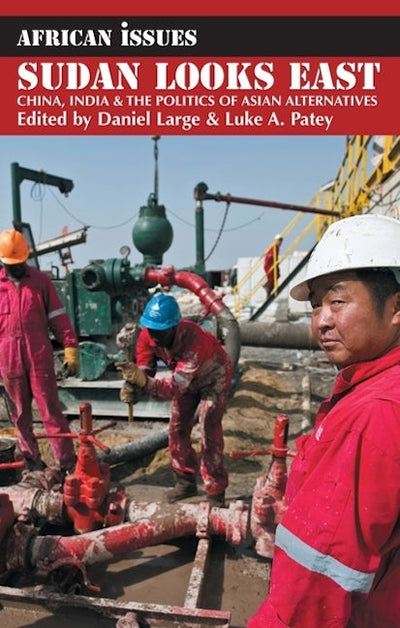

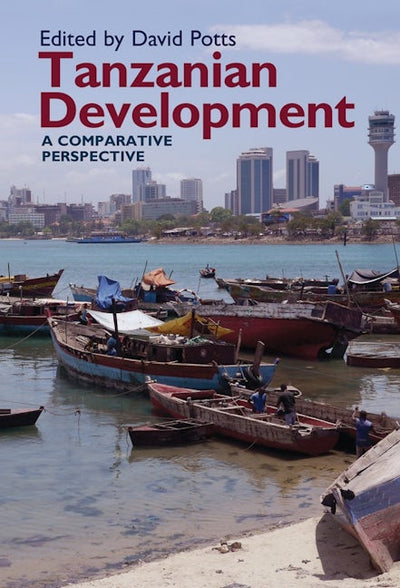


![The African Charter on Human and Peoples’ Rights [2 volume set]](http://indiepubs.com/cdn/shop/files/9781847013804_af310d47-e256-4d27-86c2-ca27a08ffde8_400x.jpg?v=1721623452)
